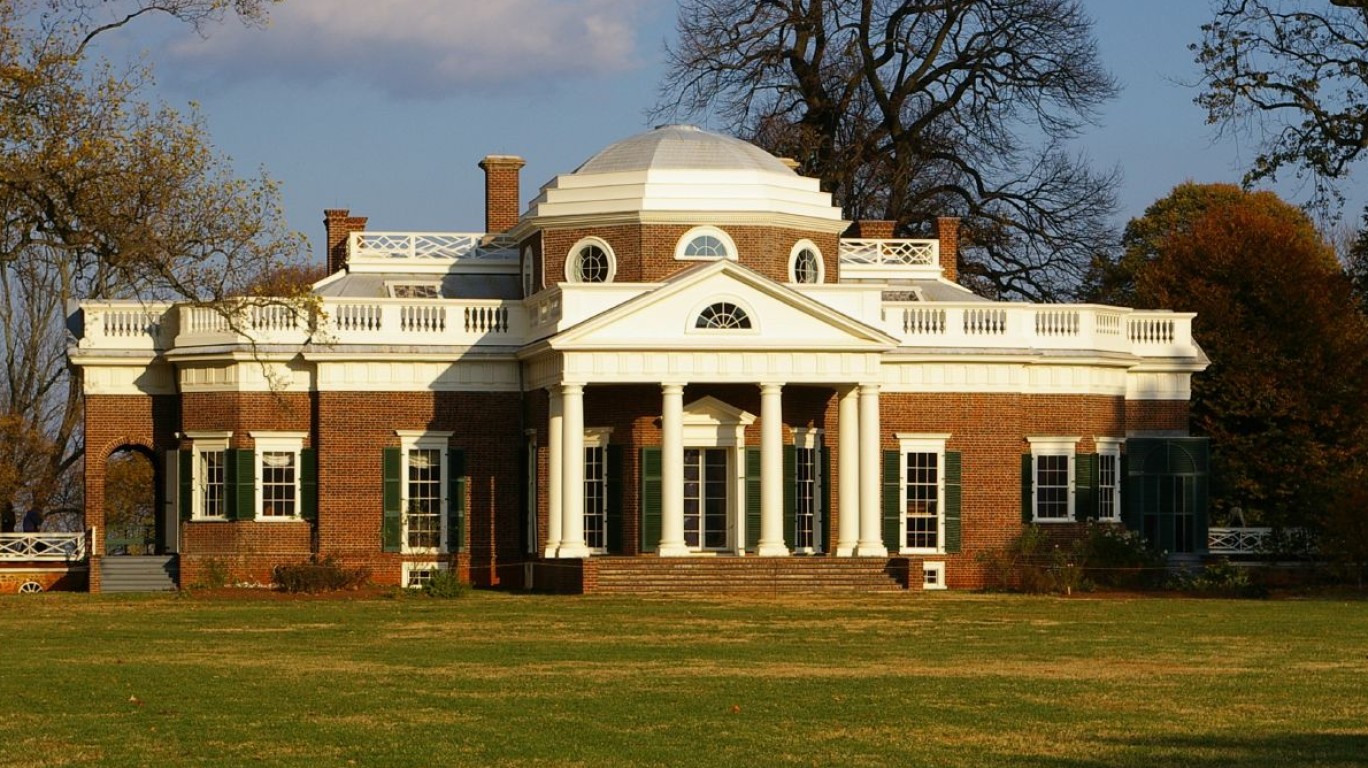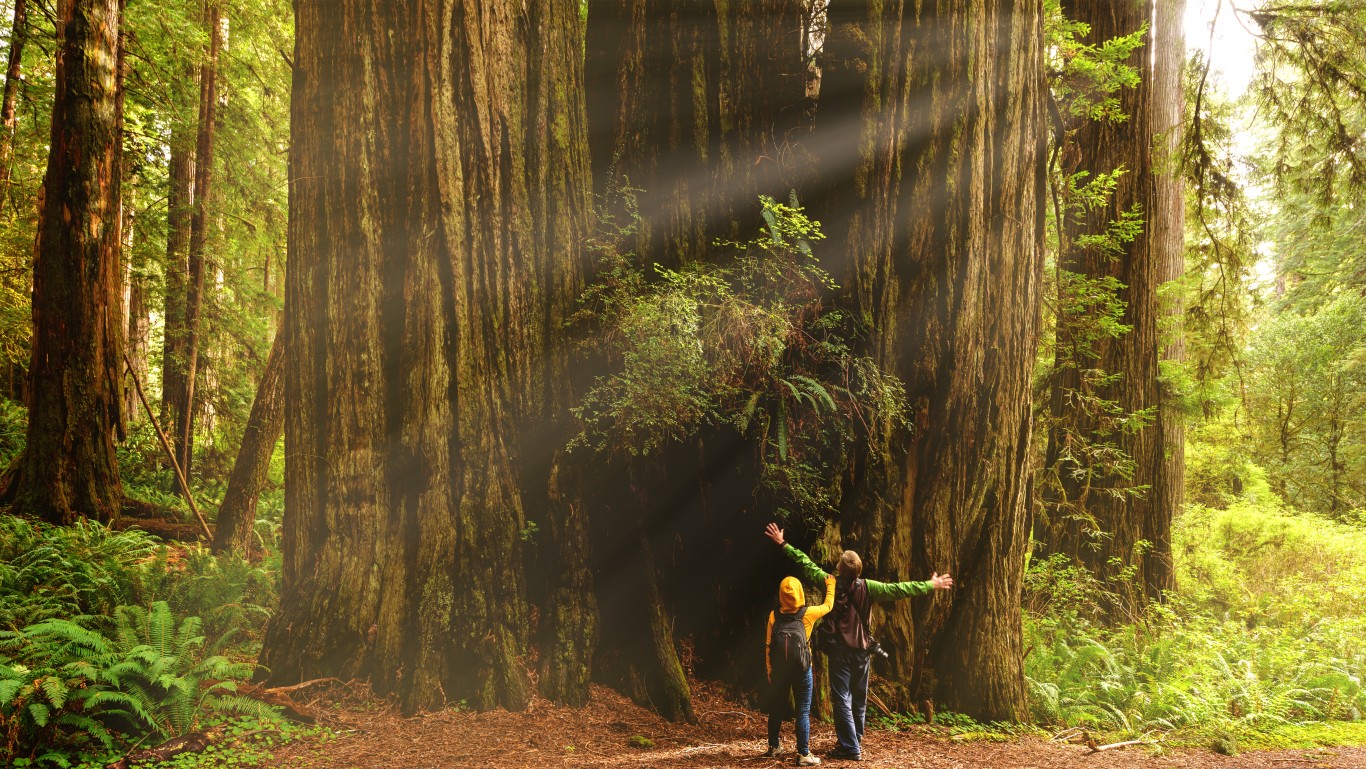
Every traveler has a bucket list of places to see in this life. Beyond these shores, it might be Stratford-on-Avon in England for those with a literary bent; Normandy for those honoring the sacrifice of American soldiers who came ashore in northern France to liberate Europe from the Nazis and never came home; or the Coliseum in Rome for civil engineers marveling at ancient Roman ingenuity.
There are plenty of places here in the United States. that are well worth visiting, too, of course – many of them unique in the world.
24/7 Tempo has compiled a list of places in the U.S. every American should visit. These places of interest run the gamut from national parks to museums to sites where Americans can reflect on the ongoing struggle for freedom and liberty. We assembled our list from sources such as the National Park Service, Britannica, Battlefields.org, the Washington DC, PBS, and the official travel sites for various states. This is by no means a comprehensive list – rather a catalog of some of the destinations we consider to be uniquely American.
Click here to see 38 places in the U.S. every American should visit
You’d expect to see places such as Ellis Island, Gettysburg, the Grand Canyon, and the Statue of Liberty on such a list. But it’s so worth checking out destinations like Mammoth Cave in Kentucky, the world’s biggest cave system; the Doo-Wop architecture of the Wildwoods Shore Resort Historic District in New Jersey; and the mesmerizing accomplishment of the Ford Rouge River car assembly line in Michigan, founded by Henry Ford. (Check these classic images of motels with a vintage vibe.)
It will be cheaper for Americans to be on the road again to visit these places this summer. The average U.S. gas price was $3.56 as of June 15, almost $1.50 less than $5.03 recorded on June 16, 2022, according to the fuel-saving website GasBuddy – whose 2023 Summer Travel Survey reports that 64% of Americans are planning to take a summer road trip this year, up from 58% in 2022. (To keep you company, consider America’s favorite road trip songs.)
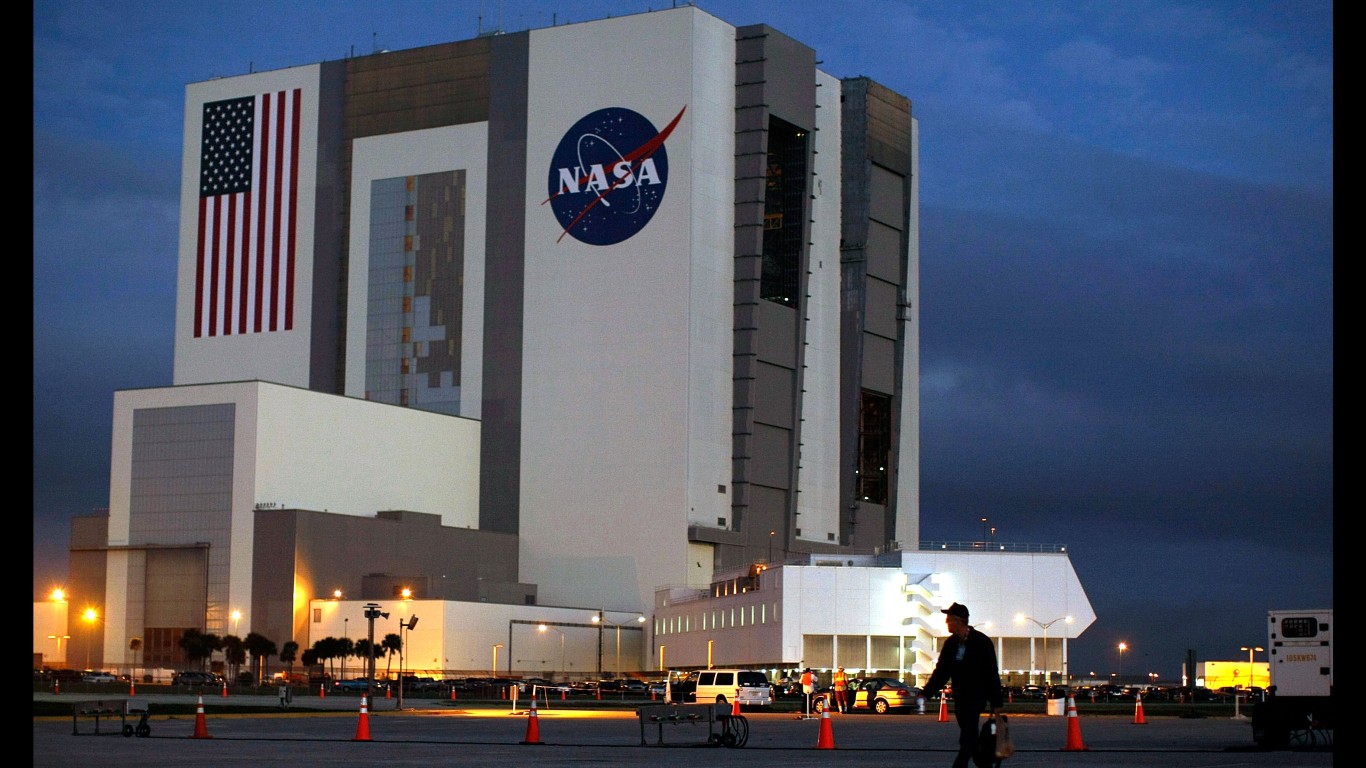
Cape Canaveral
> Location: Florida
> National significance: It served as the launch site for Apollo missions, including the historic moon landing, and was a key location for NASA’s space shuttle program.
[in-text-ad]
Ellis Island
> Location: New York/New Jersey
> National significance: The nation’s main federal immigration station from 1892 to 1954, it represents the hopes and dreams of newcomers to our shores and stands as a symbol of American diversity.
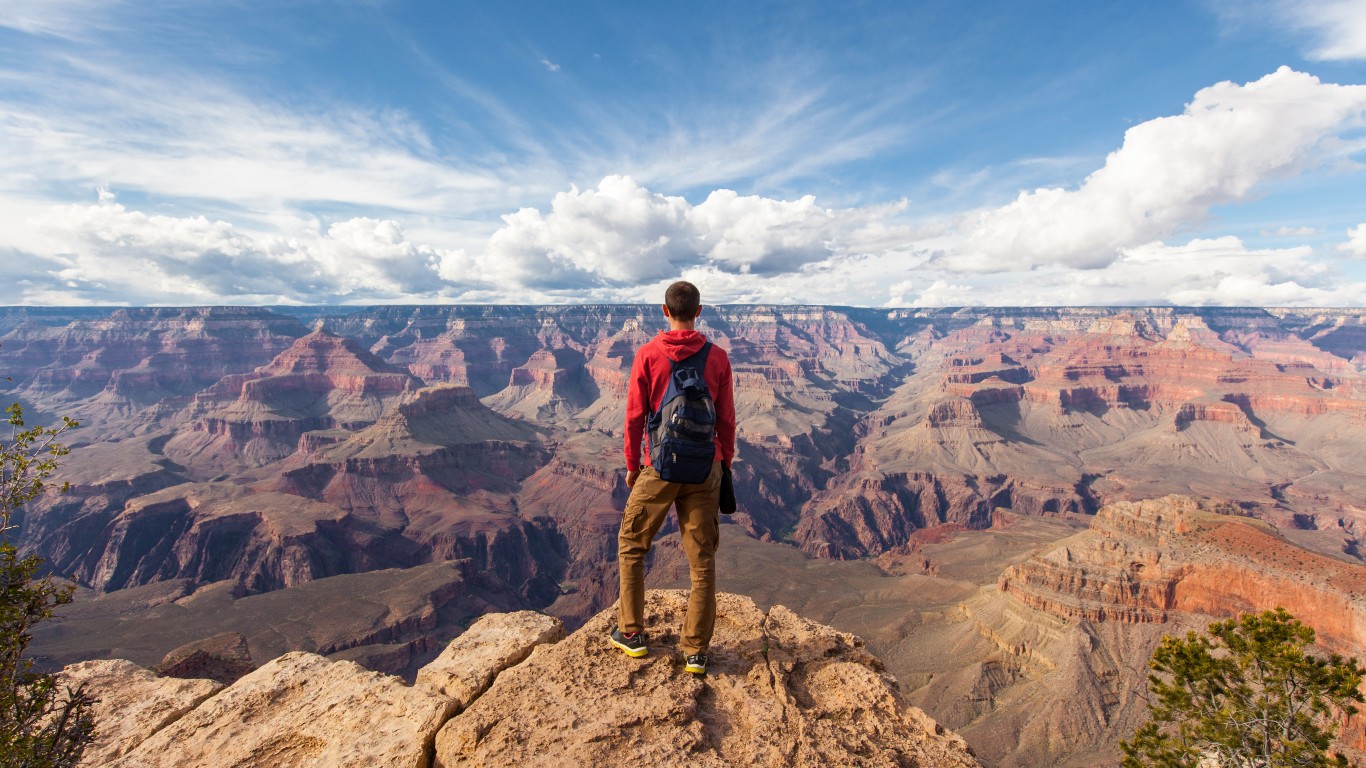
Grand Canyon
> Location: Arizona
> National significance: It’s one of America’s – and the world’s – most stunning natural wonders.
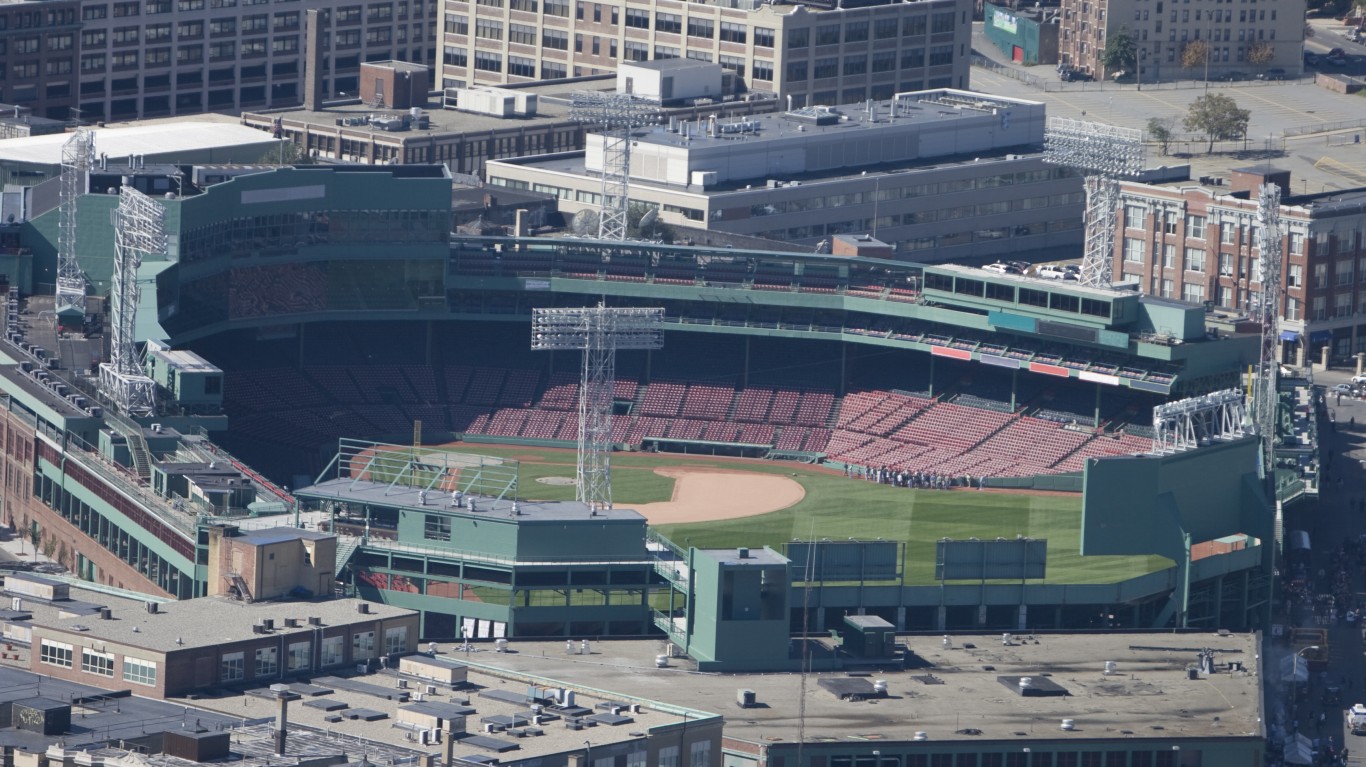
Fenway Park
> Location: Massachusetts
> National significance: It’s the oldest baseball stadium in the U.S., opened in Boston the week the Titanic sank in 1912.
[in-text-ad-2]
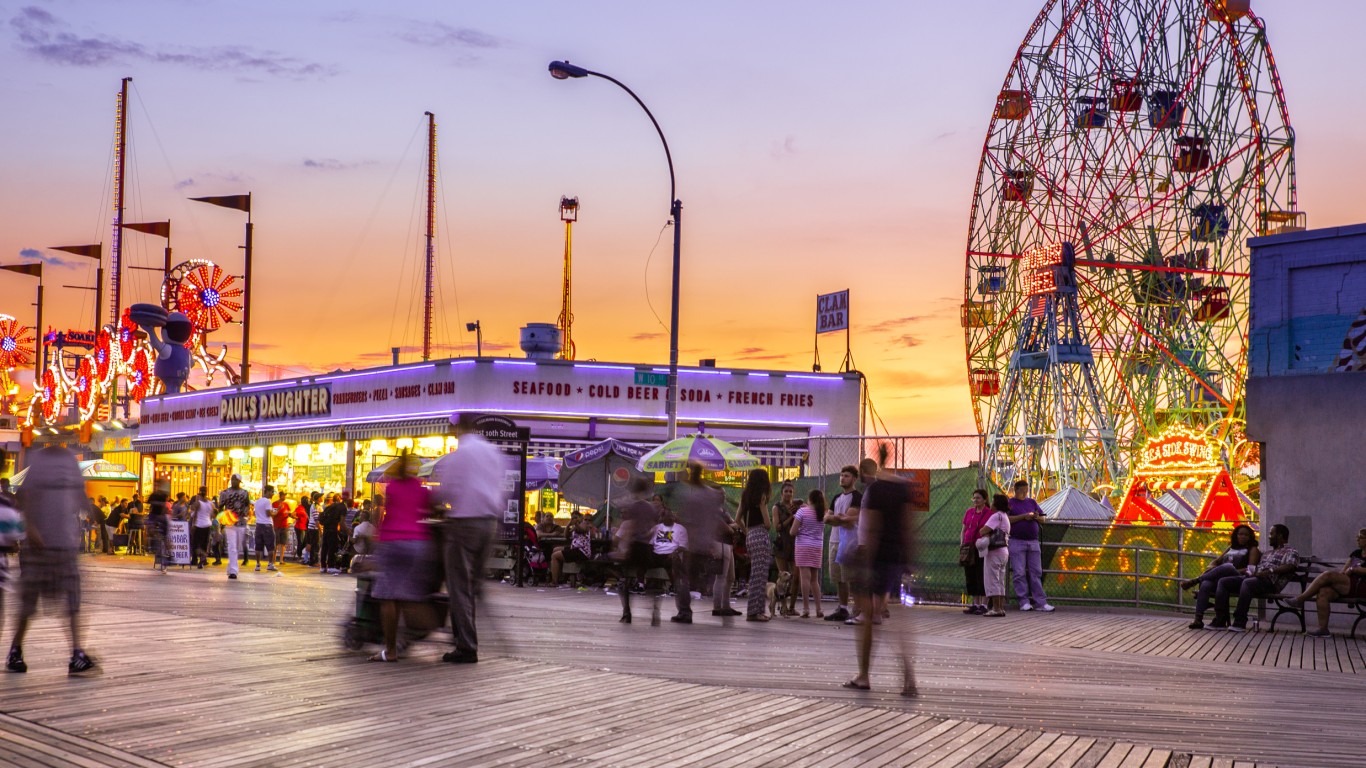
Coney Island
> Location: New York
> National significance: A legendary Brooklyn amusement destination, it has been a cultural icon for over a century.
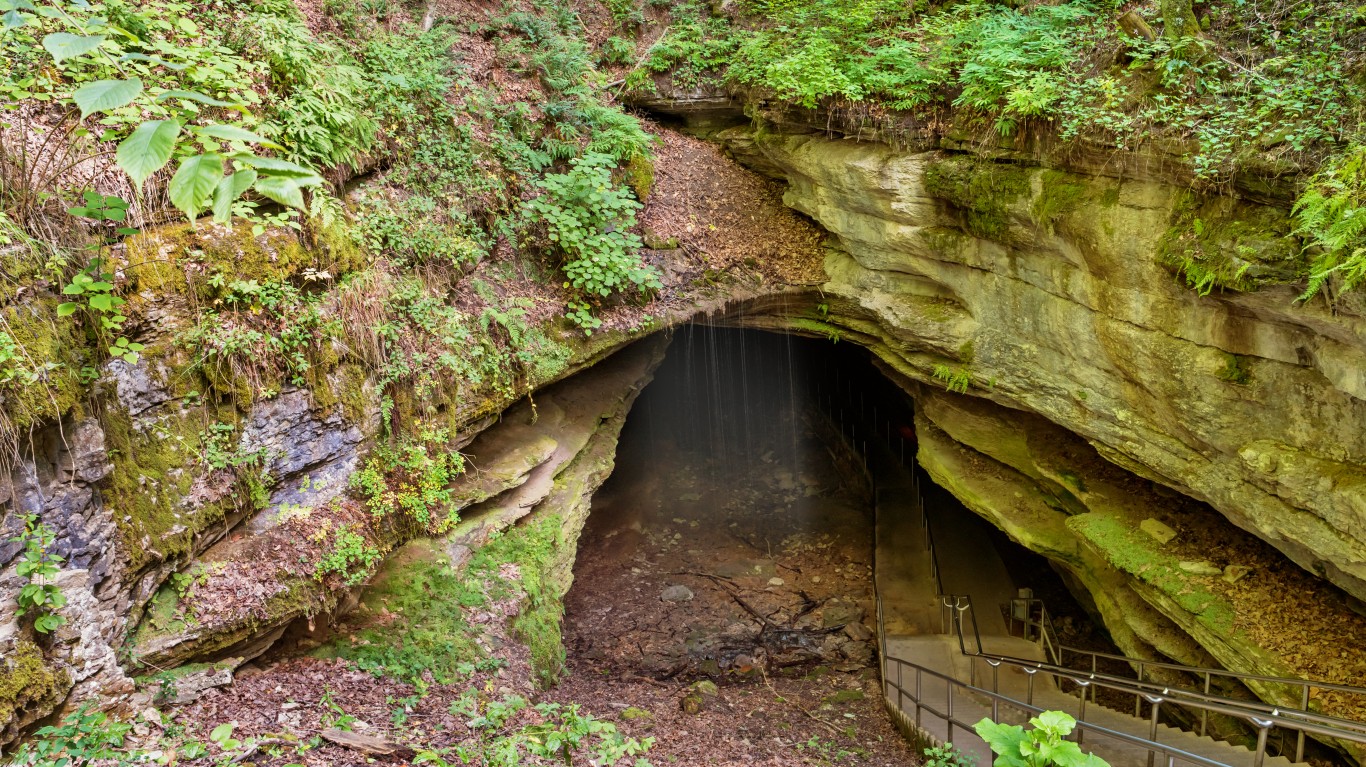
Mammoth Cave
> Location: Kentucky
> National significance: It is the longest known cave system in the world – a UNESCO World Heritage Site and a designated National Park.
[in-text-ad]
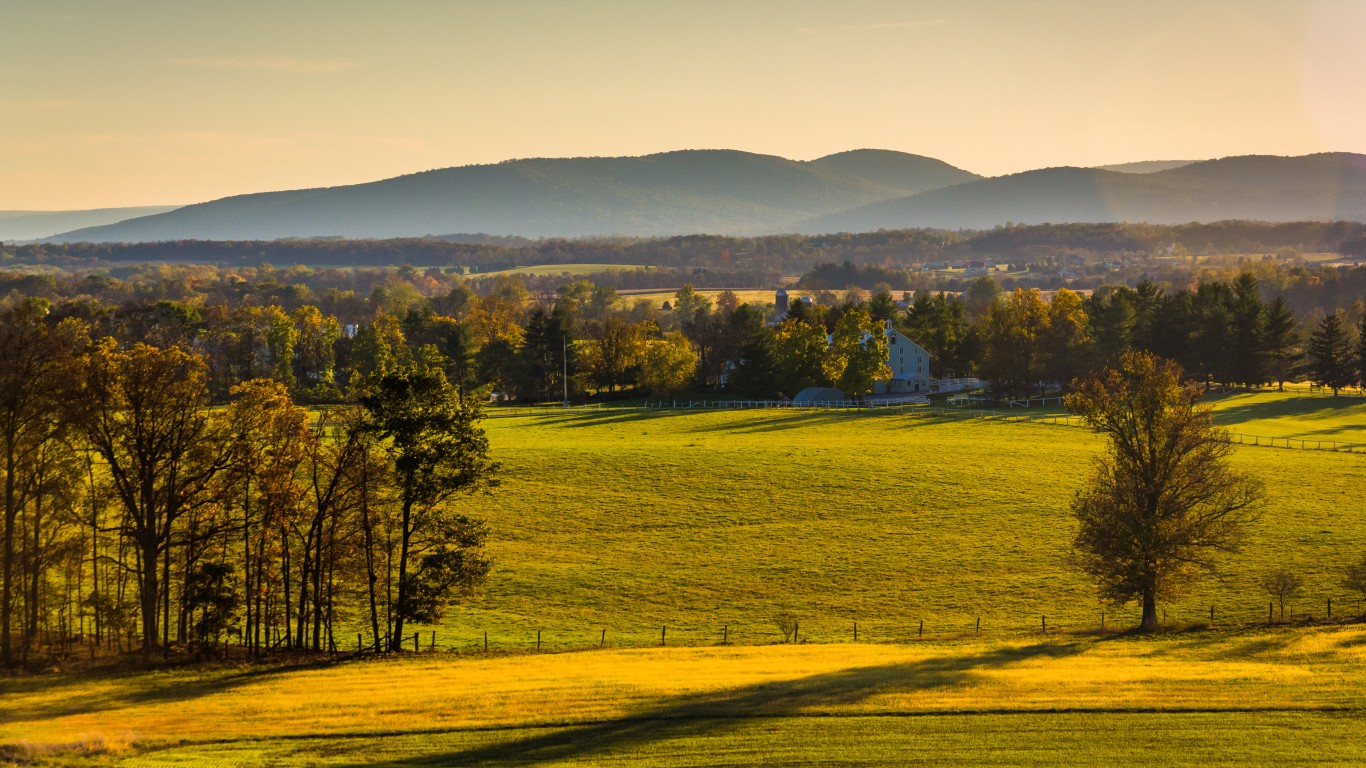
Gettysburg
> Location: Pennsylvania
> National significance: It’s a key site in American history, scene of the pivotal Battle of Gettysburg during the Civil War.
Monticello
> Location: Virginia
> National significance: Thomas Jefferson, the third president of the United States and the principal author of the Declaration of Independence, designed the estate and lived here.
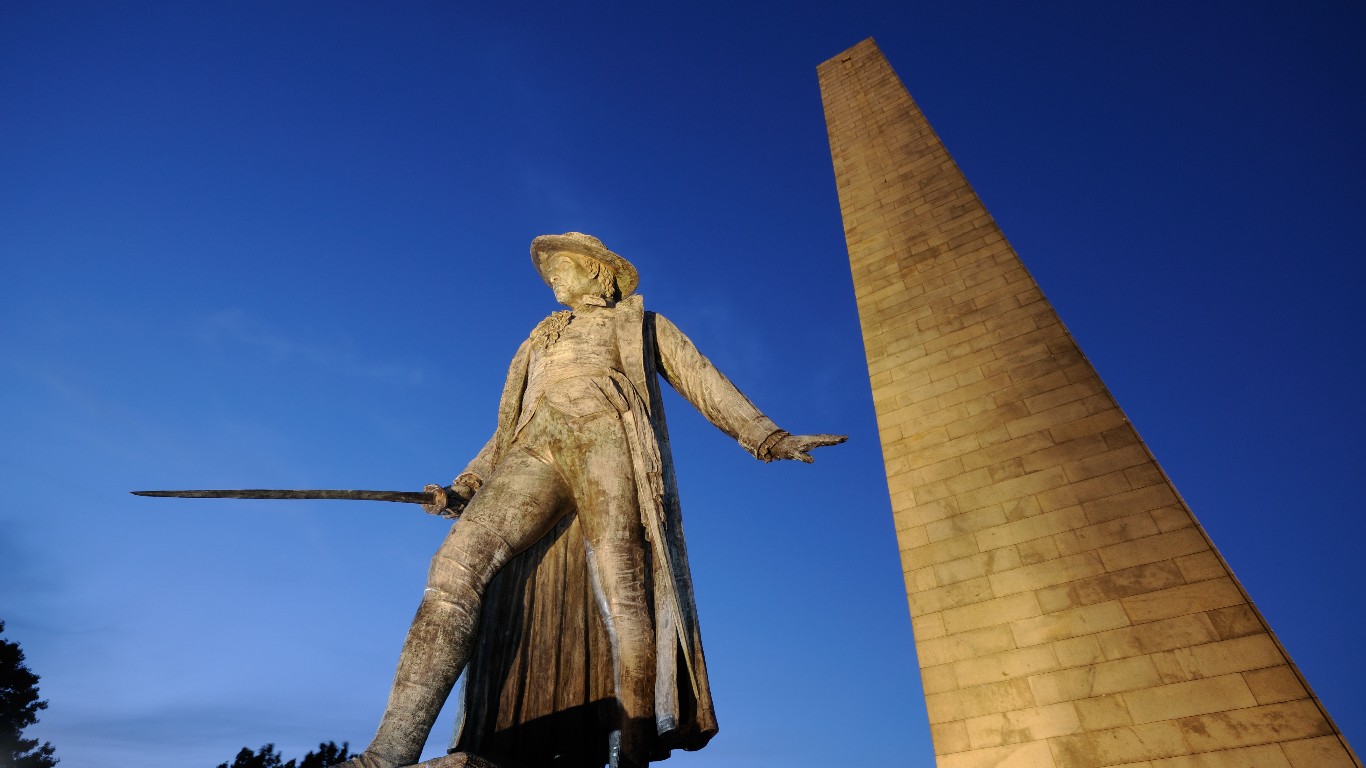
Lexington, Concord, and Bunker Hill
> Location: Massachusetts
> National significance: These locations represent critical moments in the American Revolution, highlighting the colonists’ resolve, their pursuit of independence, and the battles that led to the formation of the United States of America.
[in-text-ad-2]

Redwood National and State Parks
> Location: California
> National significance: The parks are home to ancient and towering coast redwoods, the tallest trees on Earth.
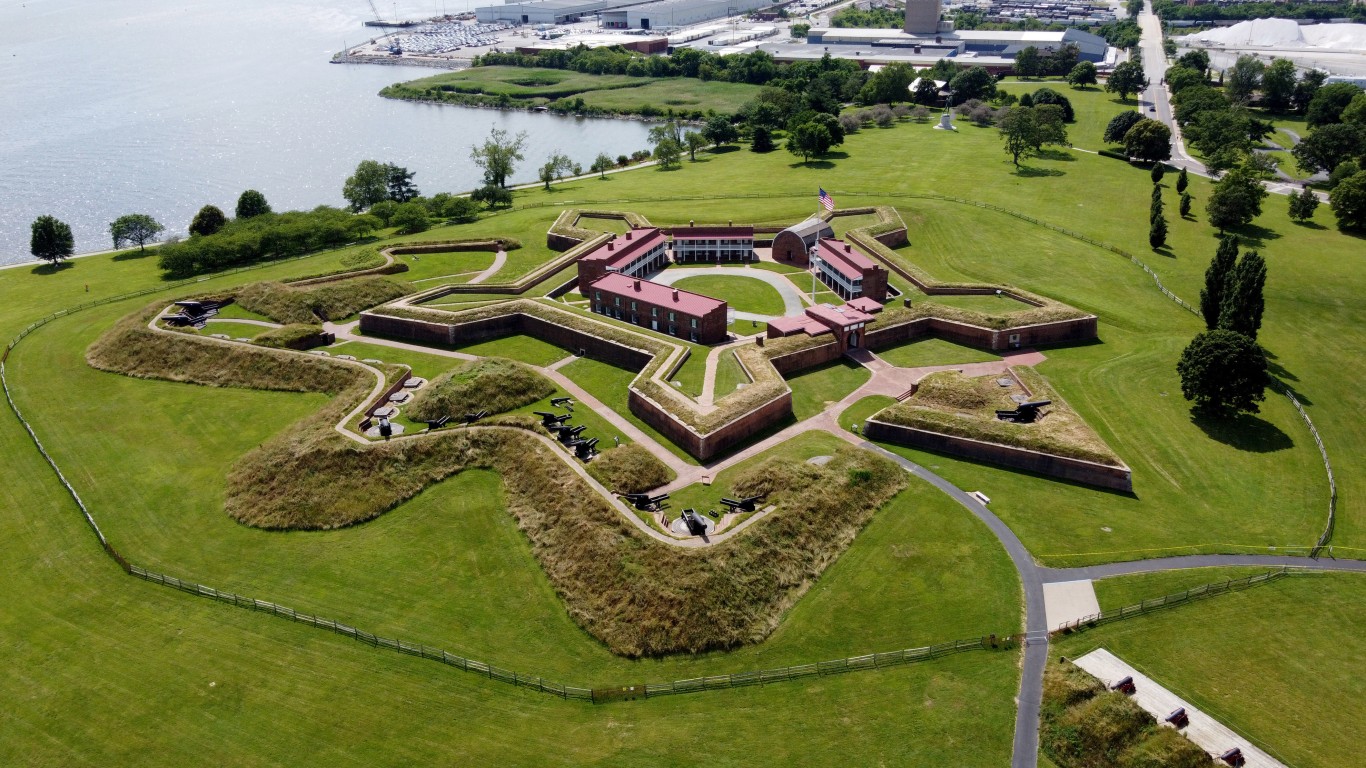
Fort McHenry
> Location: Maryland
> National significance: The fort successfully defended Baltimore against a British naval assault here, inspiring Francis Scott Key to write “The Star-Spangled Banner.”
[in-text-ad]

Monument Valley
> Location: Arizona/Utah
> National significance: An iconic symbol of the American West, its landscape, with towering sandstone buttes and mesas, has been featured in many films.
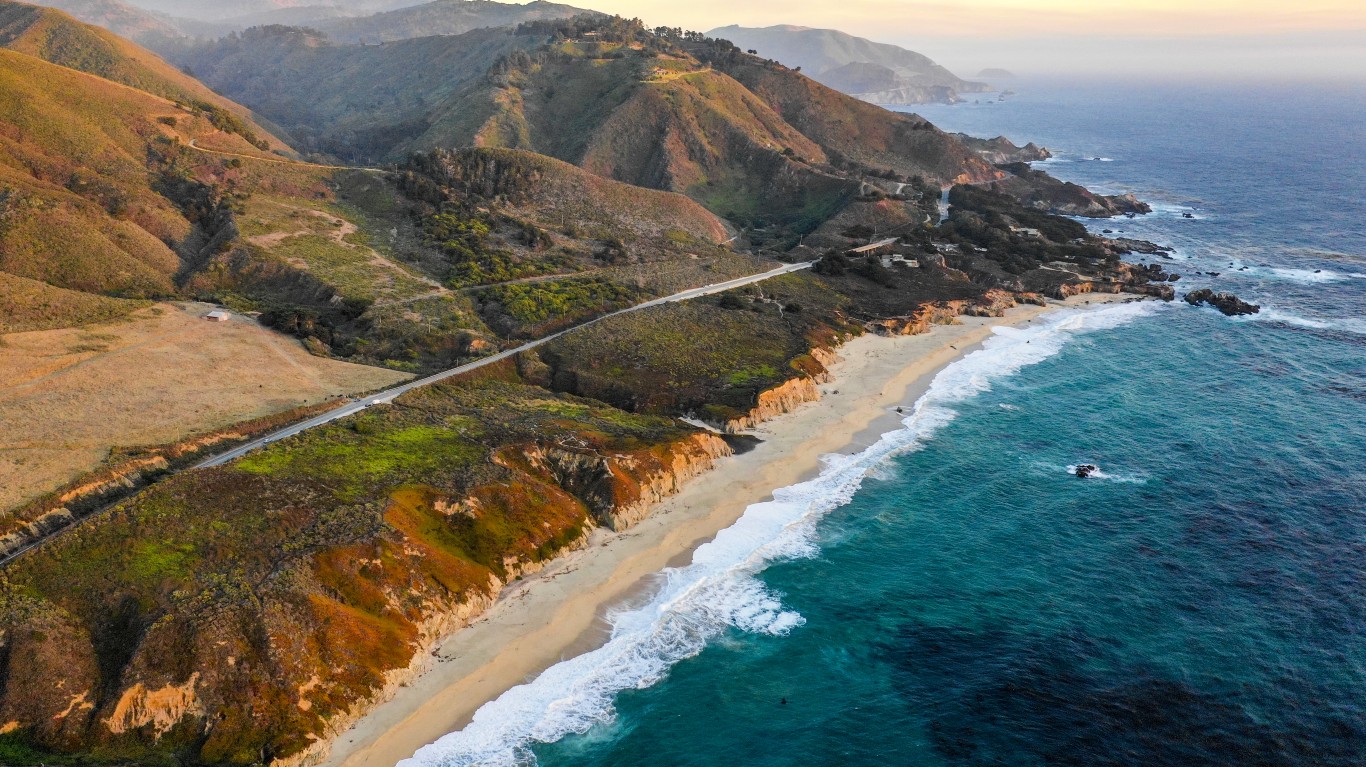
Big Sur
> Location: California
> National significance: Its rugged coastline, towering cliffs, and pristine beaches create a dramatic and awe-inspiring setting.

Arlington National Cemetery
> Location: Virginia
> National significance: The first and largest military cemetery in America, it is hallowed ground, honoring those who sacrificed their lives in service to the country.
[in-text-ad-2]
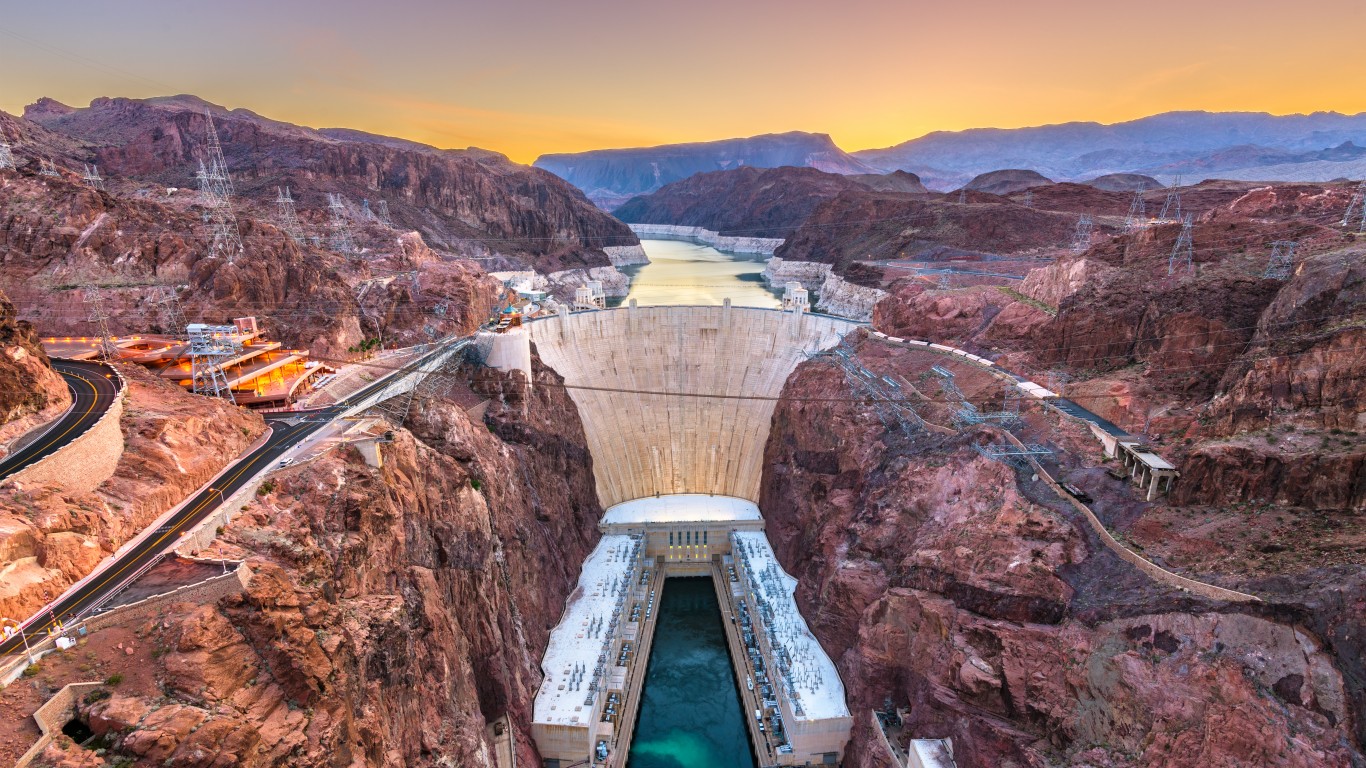
Hoover Dam
> Location: Nevada
> National significance: A stunning feat of engineering, built during the Great Depression, the dam provides water to more than 16 million people.
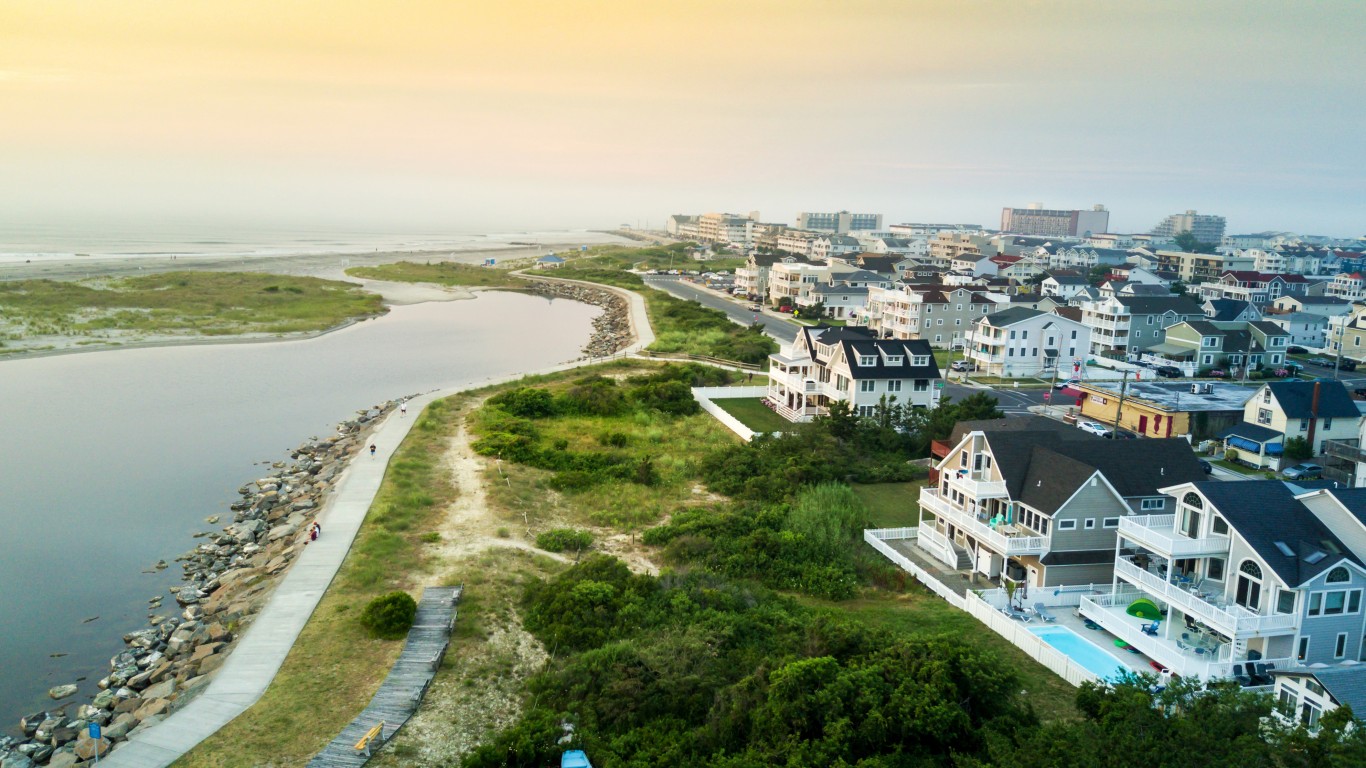
Wildwoods Shore Resort Historic District
> Location: New Jersey
> National significance: It’s a mid-20th-century architectural wonderland, with more than 200 motels built in the so-called Doo-Wop style
[in-text-ad]
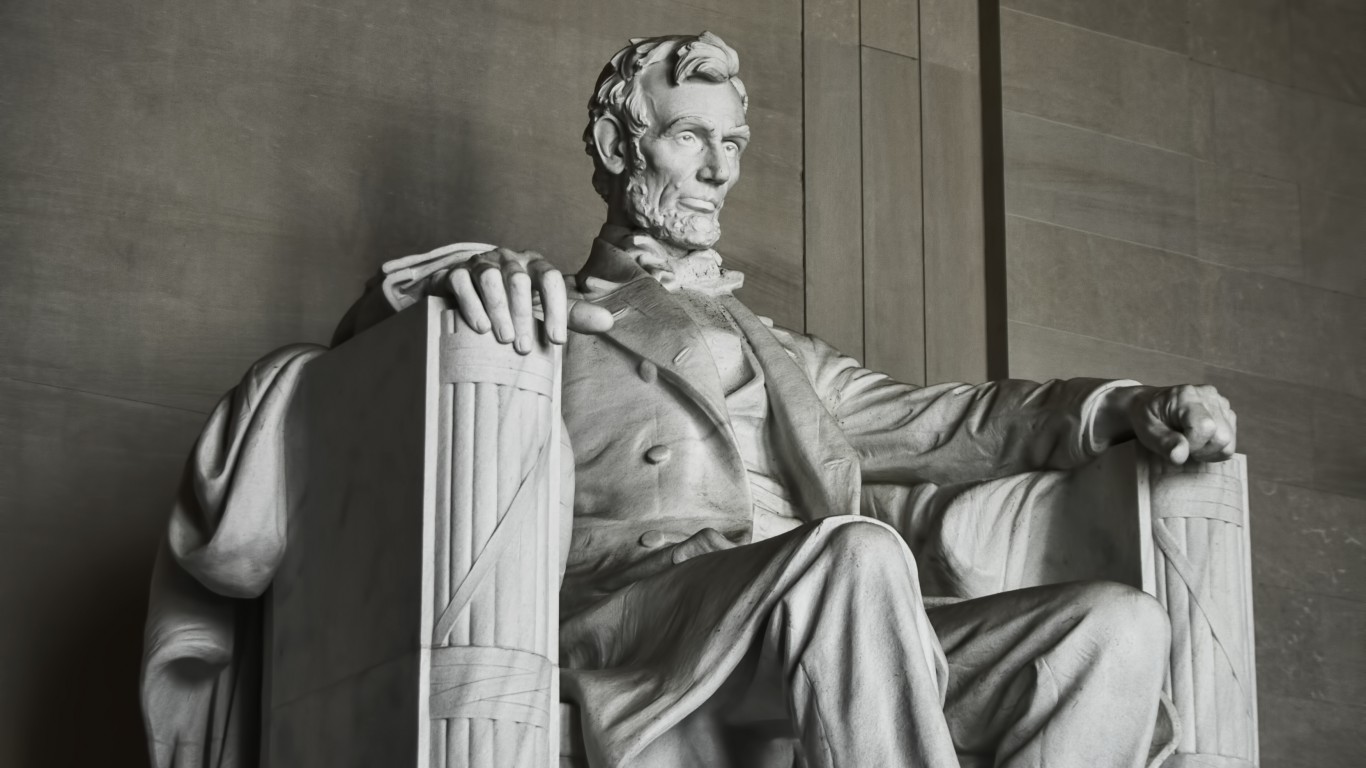
Lincoln Memorial
> Location: Washington, D.C.
> National significance: It serves as a symbol of national unity, freedom, and equality, commemorating Lincoln’s leadership during the Civil War and his emancipation of the enslaved.
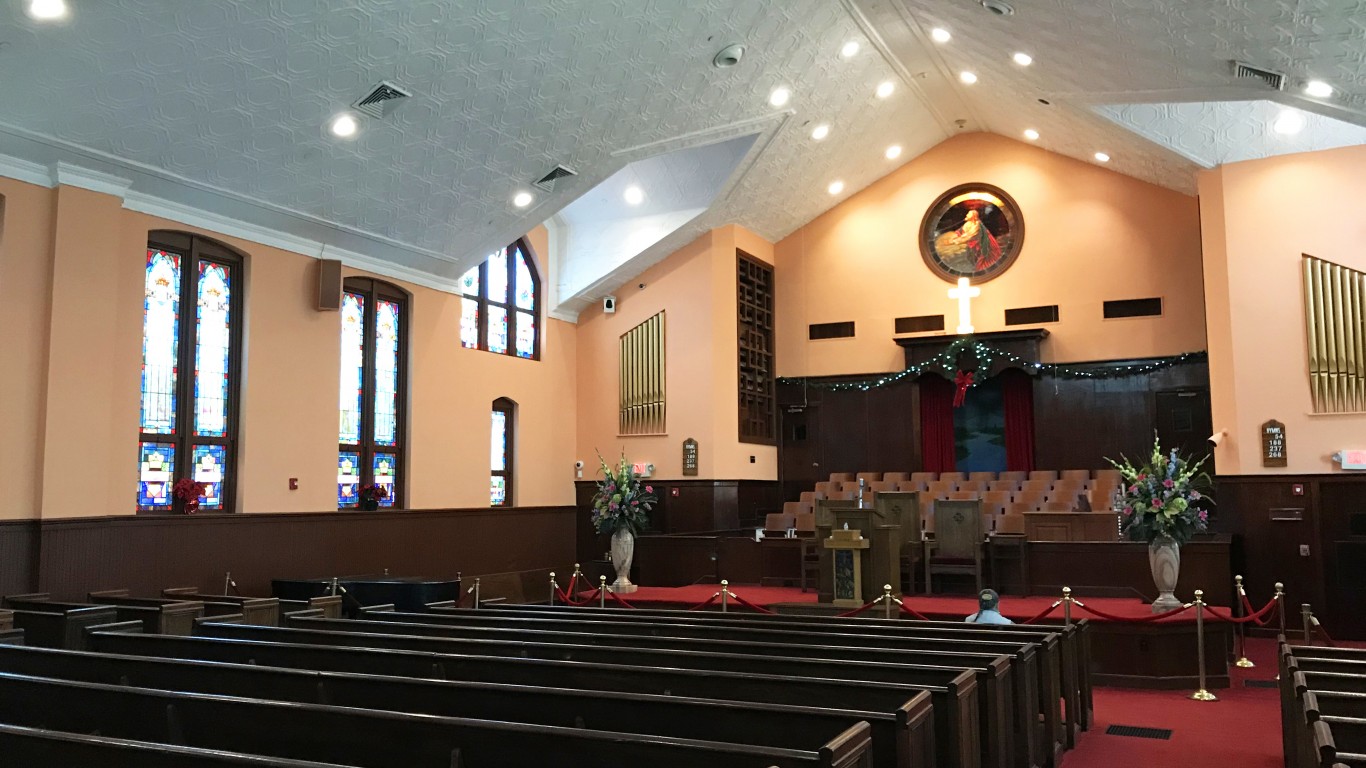
Ebenezer Baptist Church
> Location: Georgia
> National significance: The spiritual home of Martin Luther King Jr. and his family, it served as a hub for the civil rights movement.
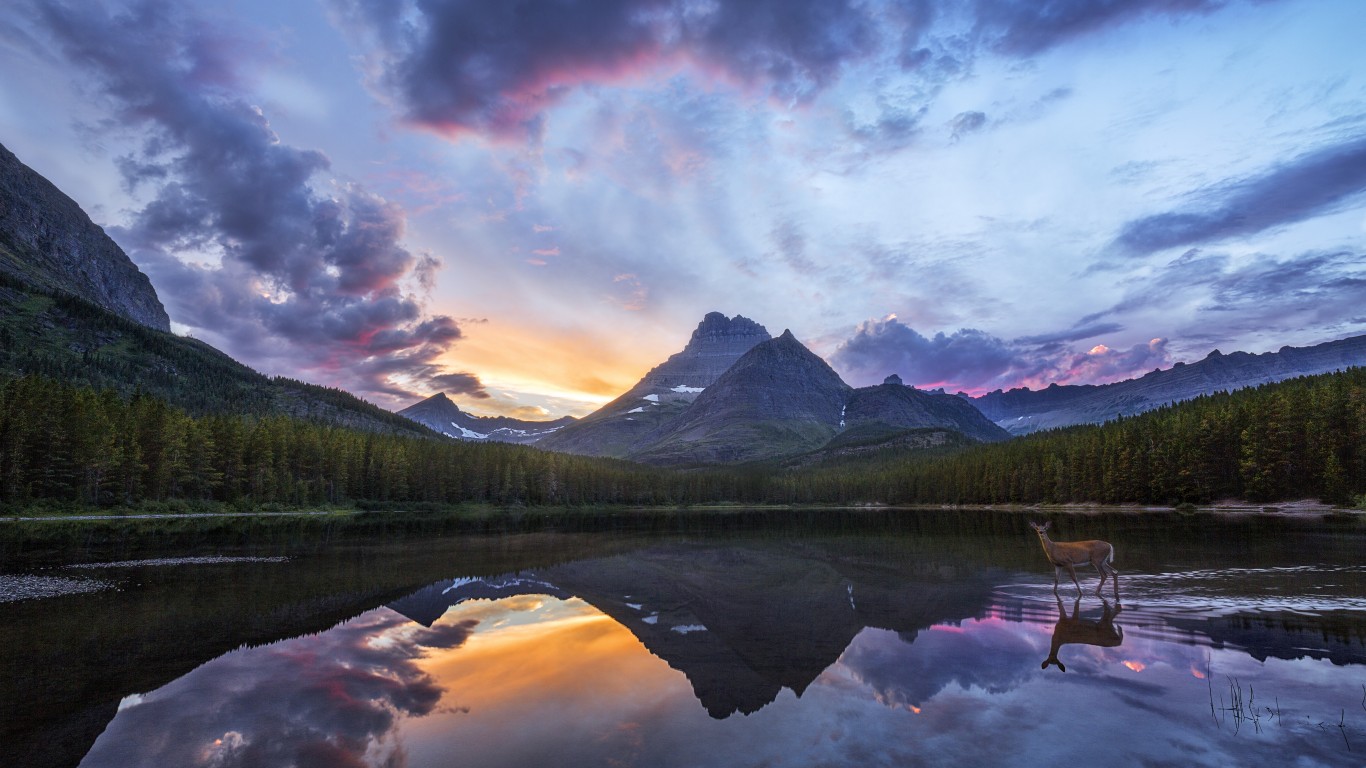
Glacier National Park
> Location: Montana
> National significance: Often referred to as the “Crown of the Continent Ecosystem,” the park and its mountains, lakes, and ancient glaciers represent the epitome of natural beauty.
[in-text-ad-2]
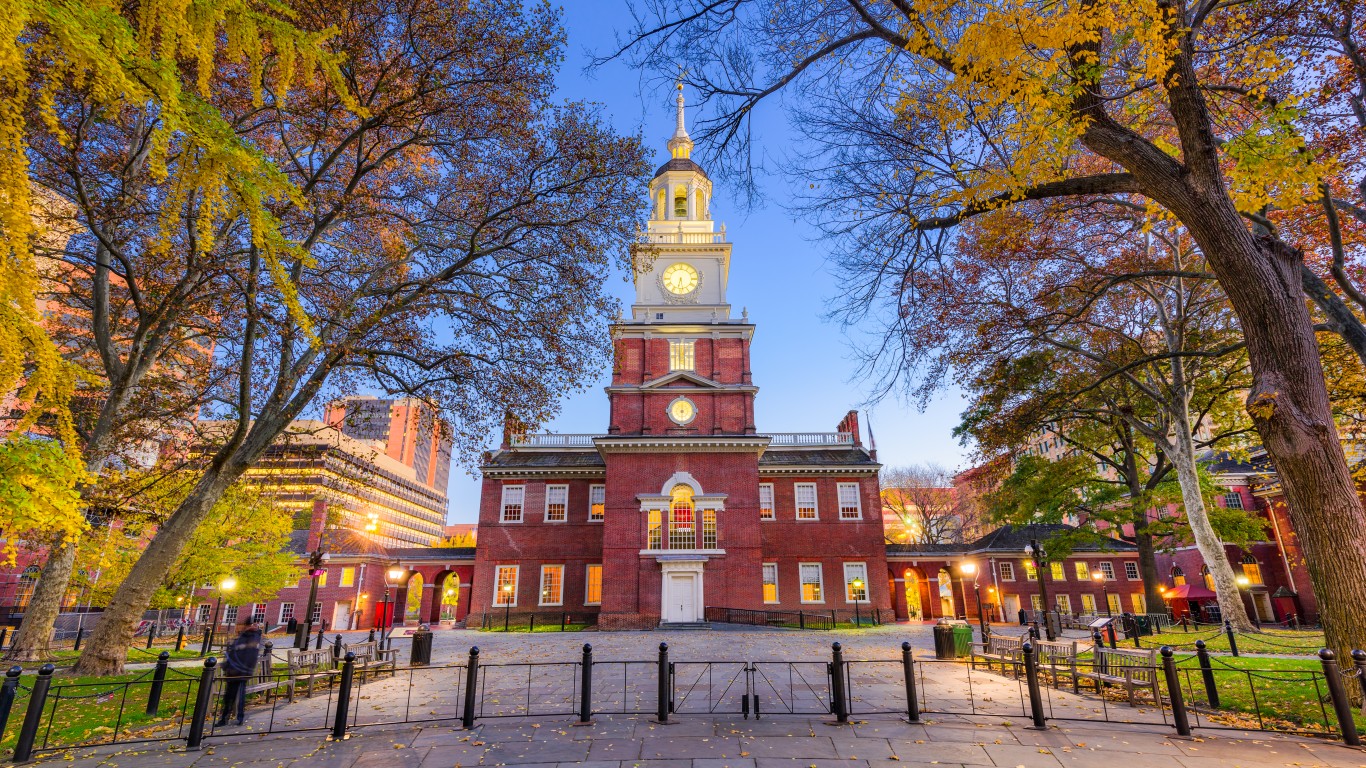
Independence Hall
> Location: Pennsylvania
> National significance: It’s the birthplace of American independence, where both the Declaration of Independence and the Constitution were debated, adopted, and signed
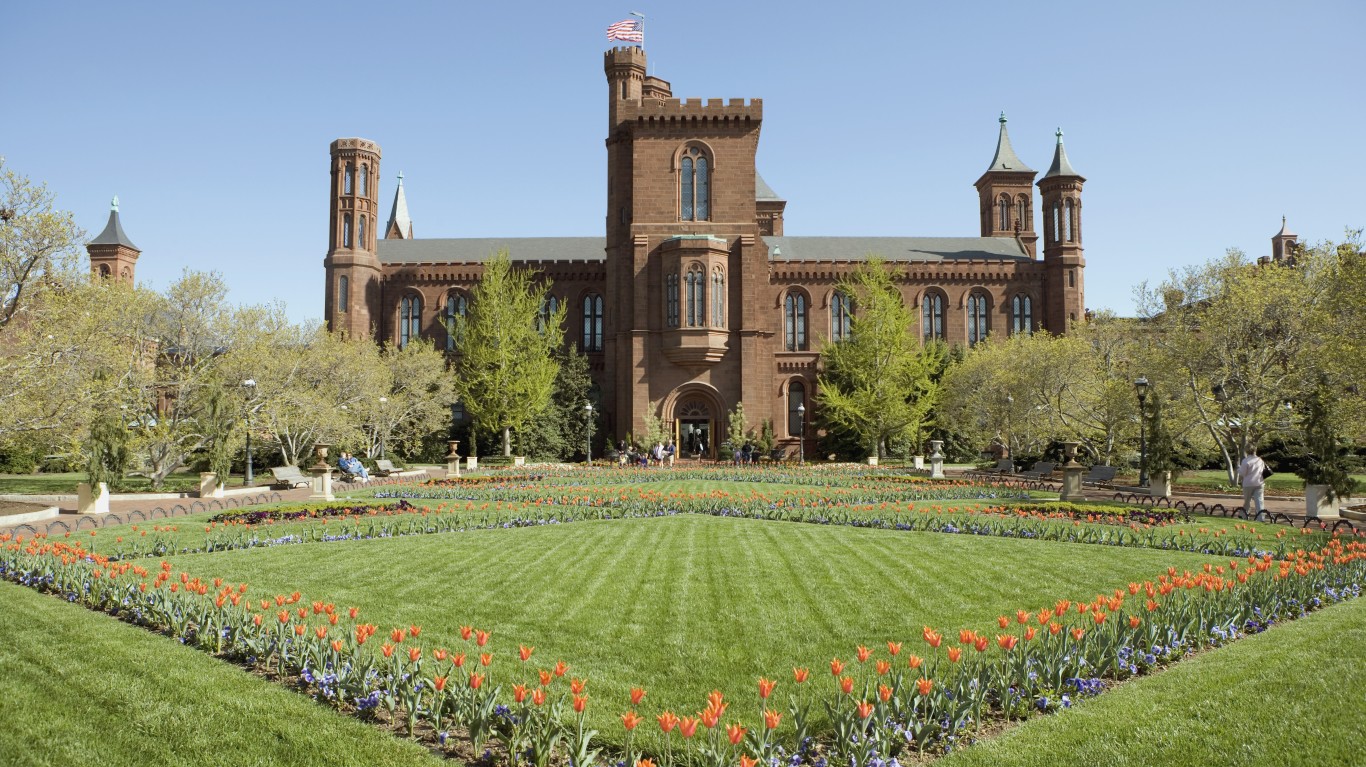
The Smithsonian Institution
> Location: Washington, D.C.
> National significance: The world’s largest complex of museums and research facilities, it preserves and showcases American art, technology, and culture, as well as displaying Asian, African, and international art.
[in-text-ad]
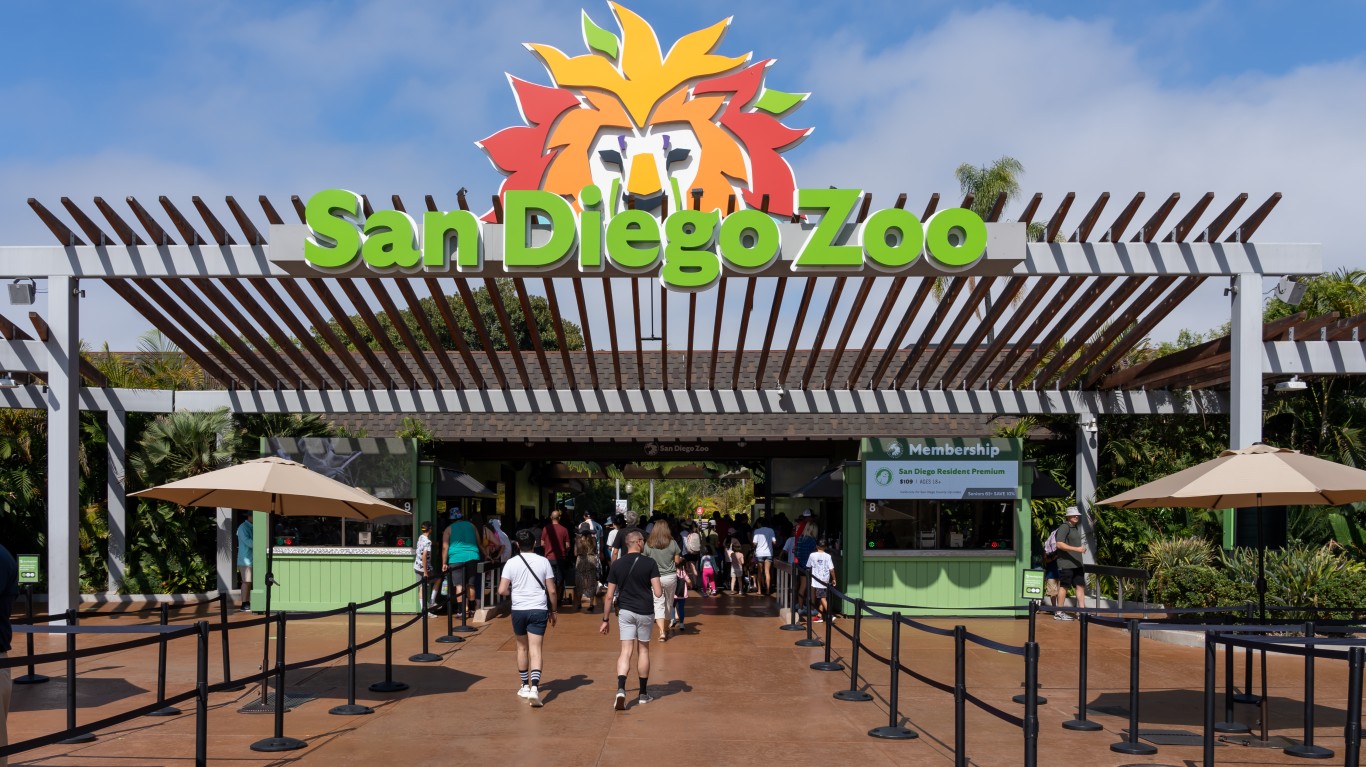
San Diego Zoo
> Location: California
> National significance: One of the world’s most innovative zoological parks, it is renowned for its commitment to conservation and animal welfare.
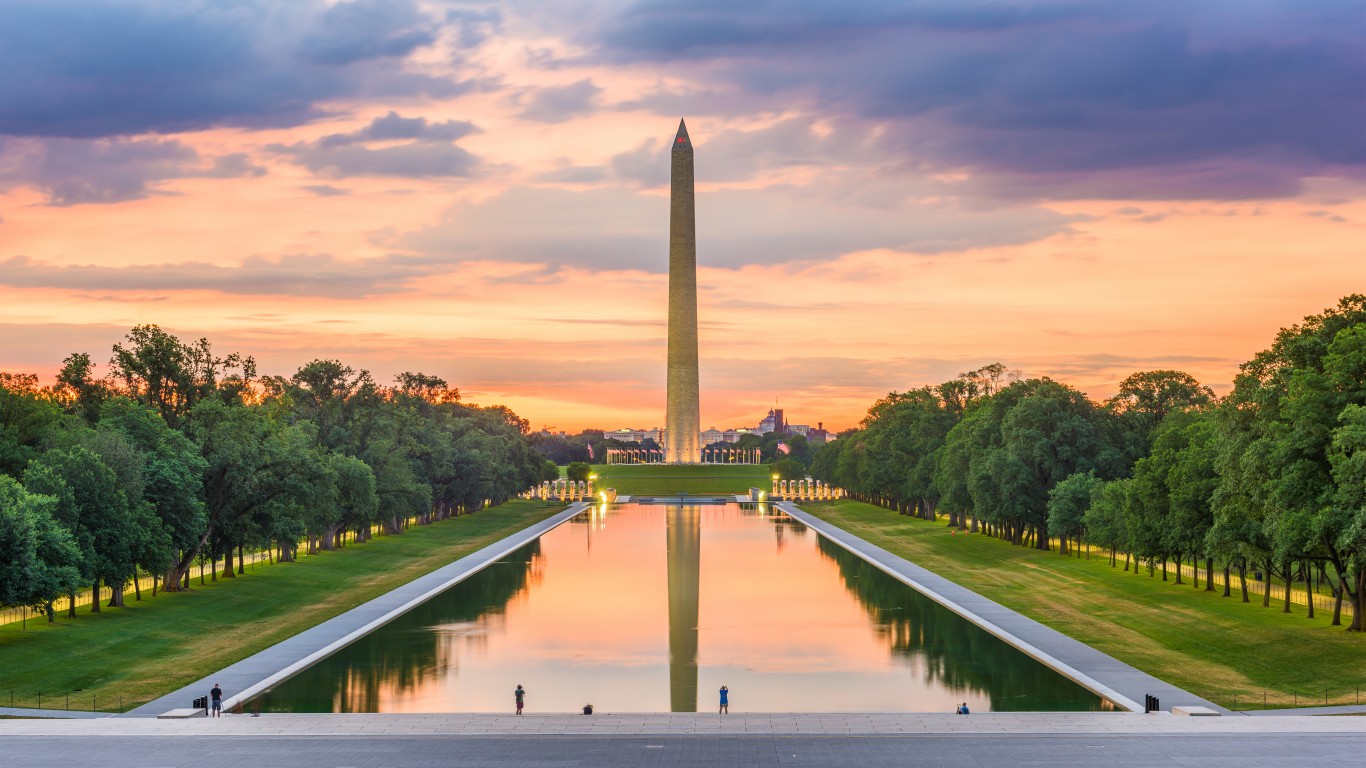
Washington Monument
> Location: Washington, D.C.
> National significance: As the tallest stone structure and obelisk in the world, it represents the ideals of liberty, democracy, and the enduring legacy of Washington’s leadership.
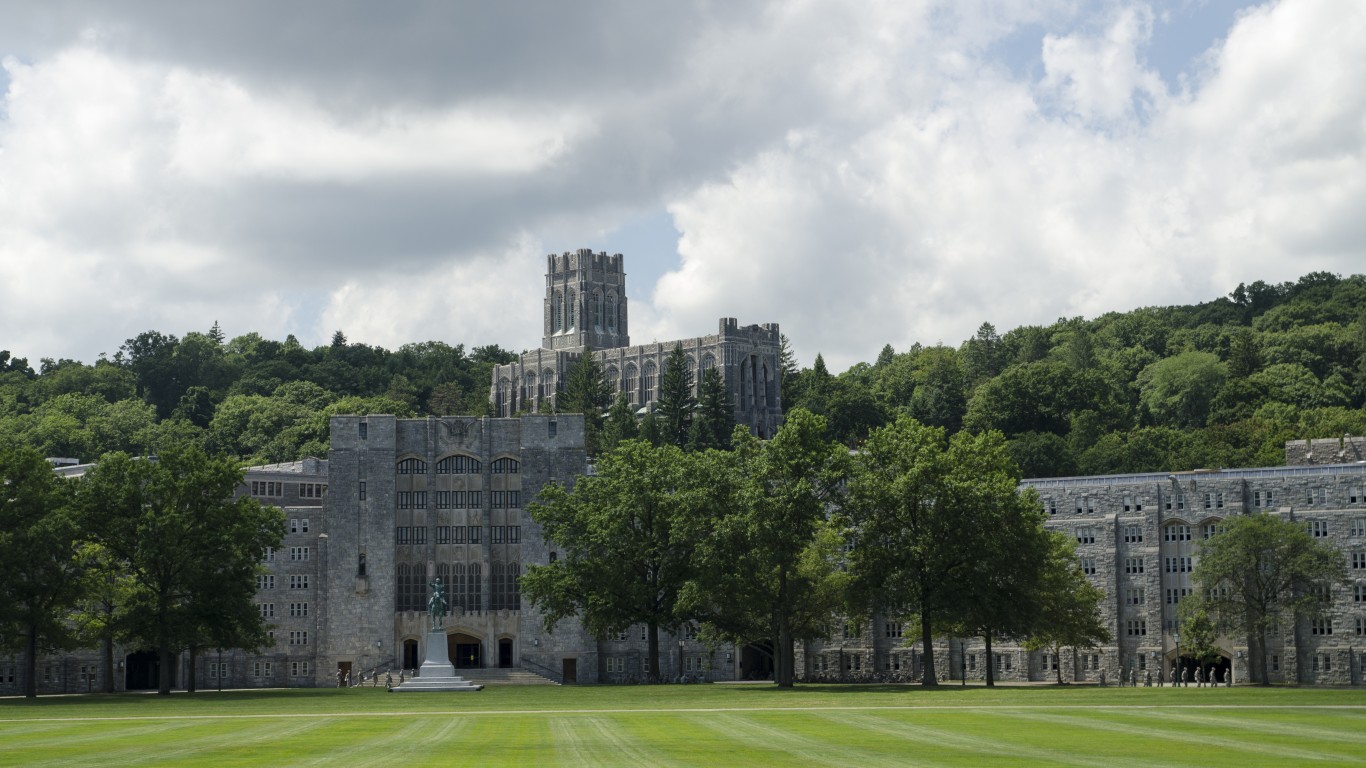
West Point Academy
> Location: New York
> National significance: Officially known as the United States Military Academy, it has been a premier institution for training future military leaders since 1802.
[in-text-ad-2]

Grand Ole Opry
> Location: Tennessee
> National significance: The cradle of country music, it is home to the longest-running radio broadcast in U.S. history, presenting the biggest names in country music since 1925.
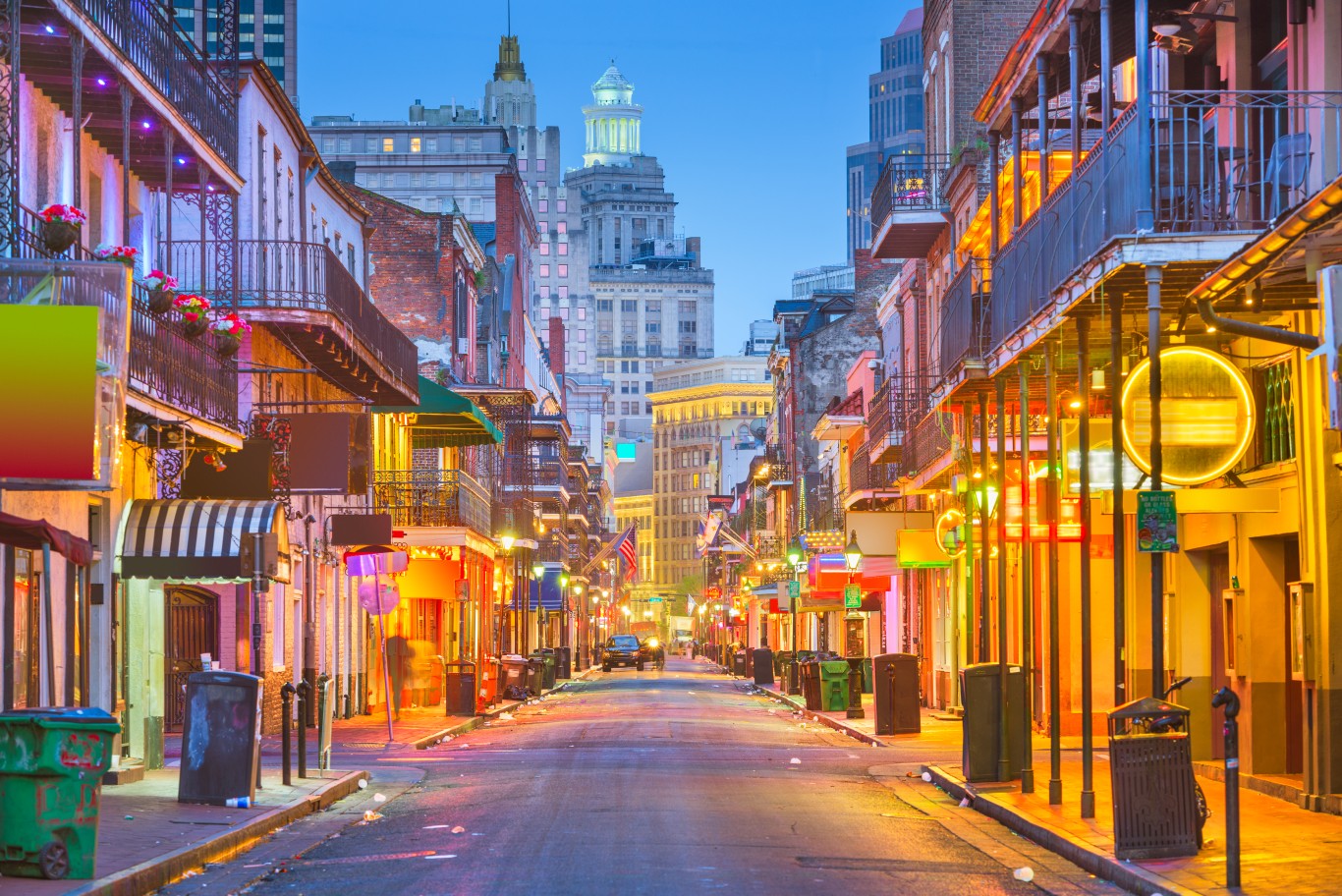
New Orleans
> Location: Louisiana
> National significance: Known for its unique blend of French, Spanish, African, and Caribbean influences, it is renowned as a hub of music (it is considered the birthplace of jazz) and cuisine.
[in-text-ad]
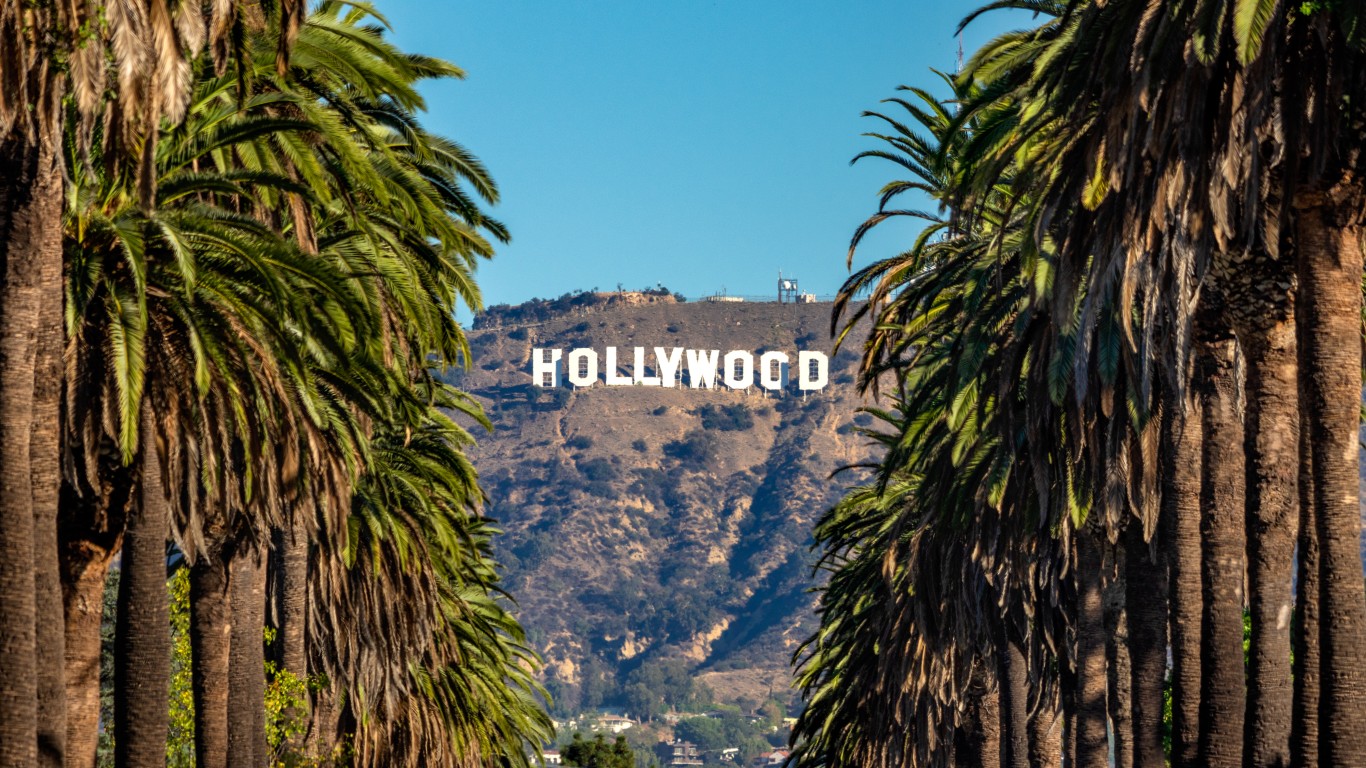
Hollywood
> Location: California
> National significance: The global center of the entertainment industry, it represents the dreams and aspirations of actors, filmmakers, and others in the movie world.

Appalachian Trail
> Location: Eastern US
> National significance: An iconic long-distance hiking trail, stretching over 2,180 miles from Georgia to Maine, the trail offers a transformative experience for hikers.
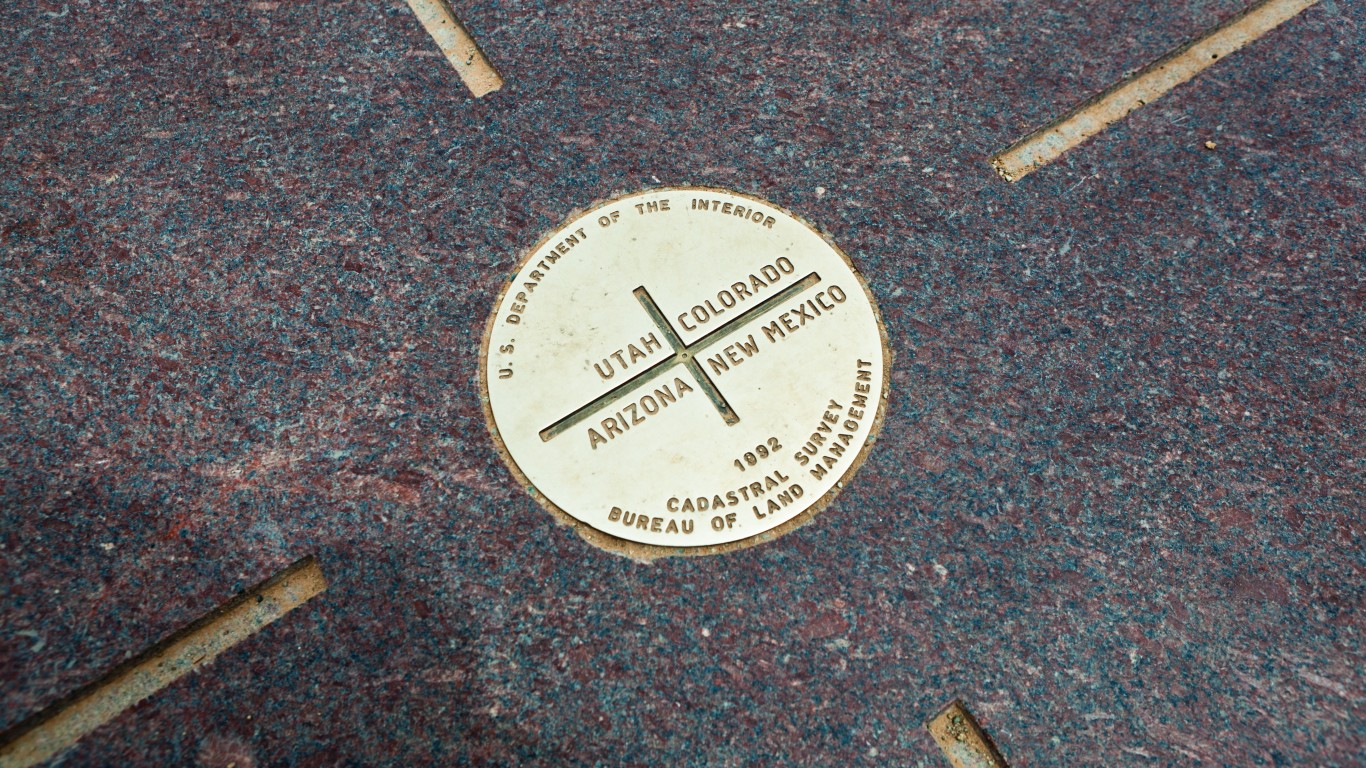
Four Corners Monument
> Location: Utah, Colorado, Arizona, New Mexico
> National significance: The only place in the United States where four states – Arizona, Colorado, New Mexico, and Utah – intersect at a single point, the landmark allows visitors to stand in all four simultaneously.
[in-text-ad-2]
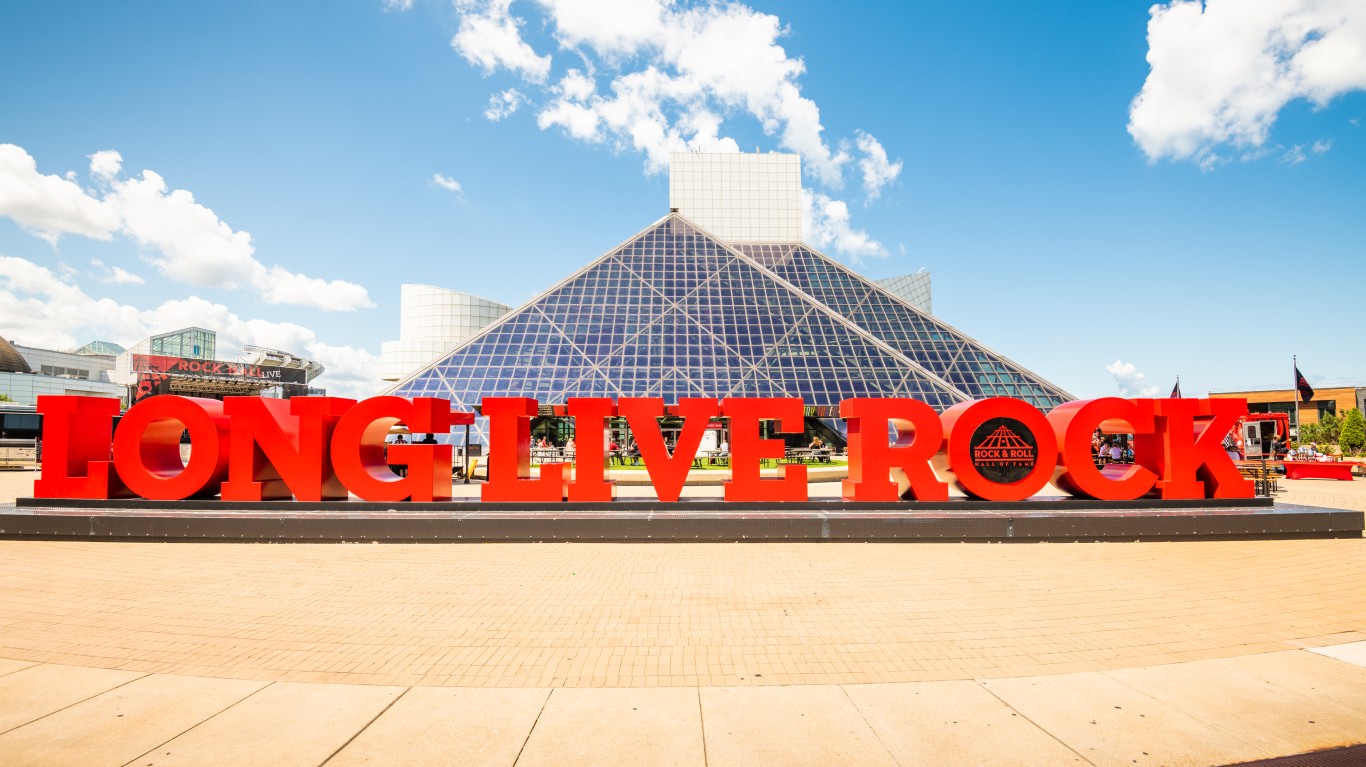
Rock & Roll Hall of Fame
> Location: Ohio
> National significance: It’s a prestigious institution that recognizes and celebrates the most influential figures in rock ‘n’ roll.
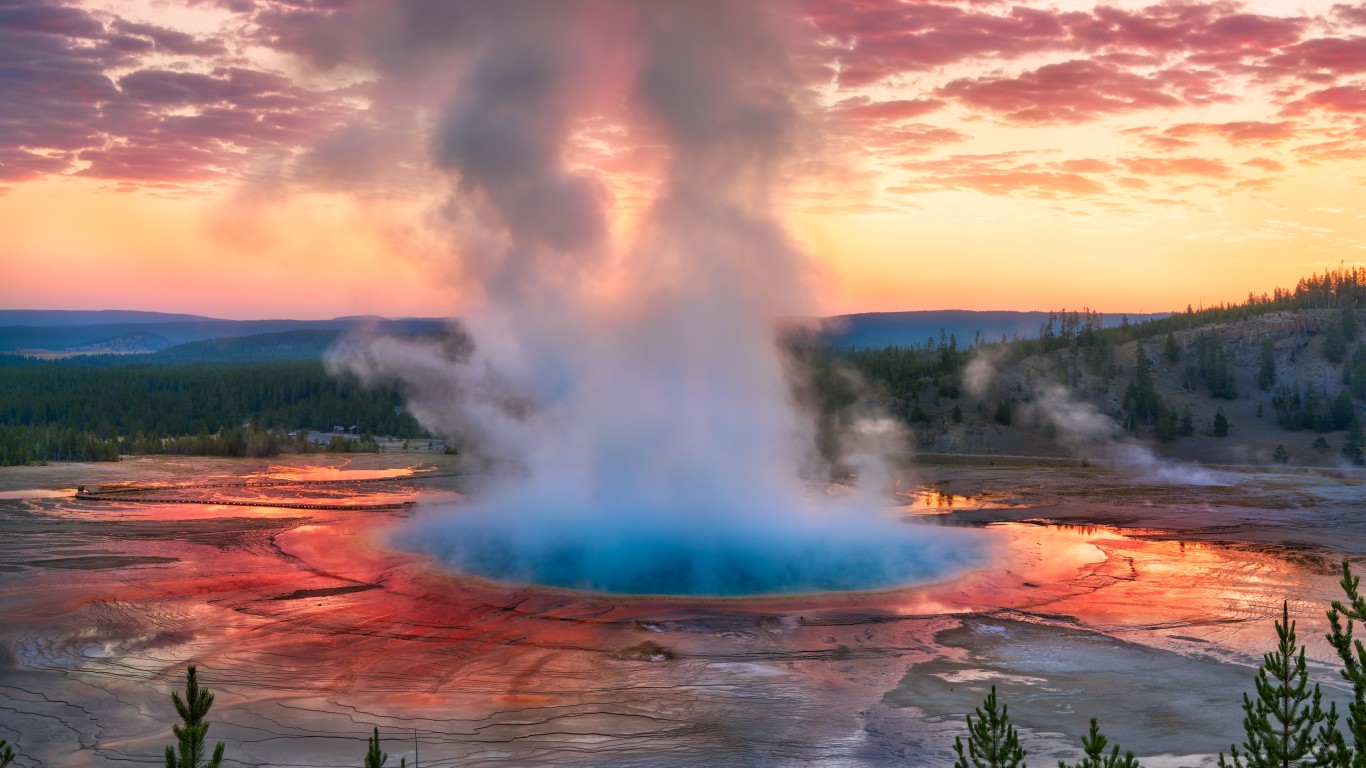
Yellowstone National Park
> Location: Wyoming
> National significance: The first national park in the U.S., mostly in Wyoming but spanning three states, the park is renowned for its iconic geysers, most notably Old Faithful.
[in-text-ad]

Ford River Rouge Complex
> Location: Michigan
> National significance: Home to one of the largest automobile manufacturing facilities in the world, which played a pivotal role in the development of the assembly-line production method, the still-functioning plant offers tours to visitors.
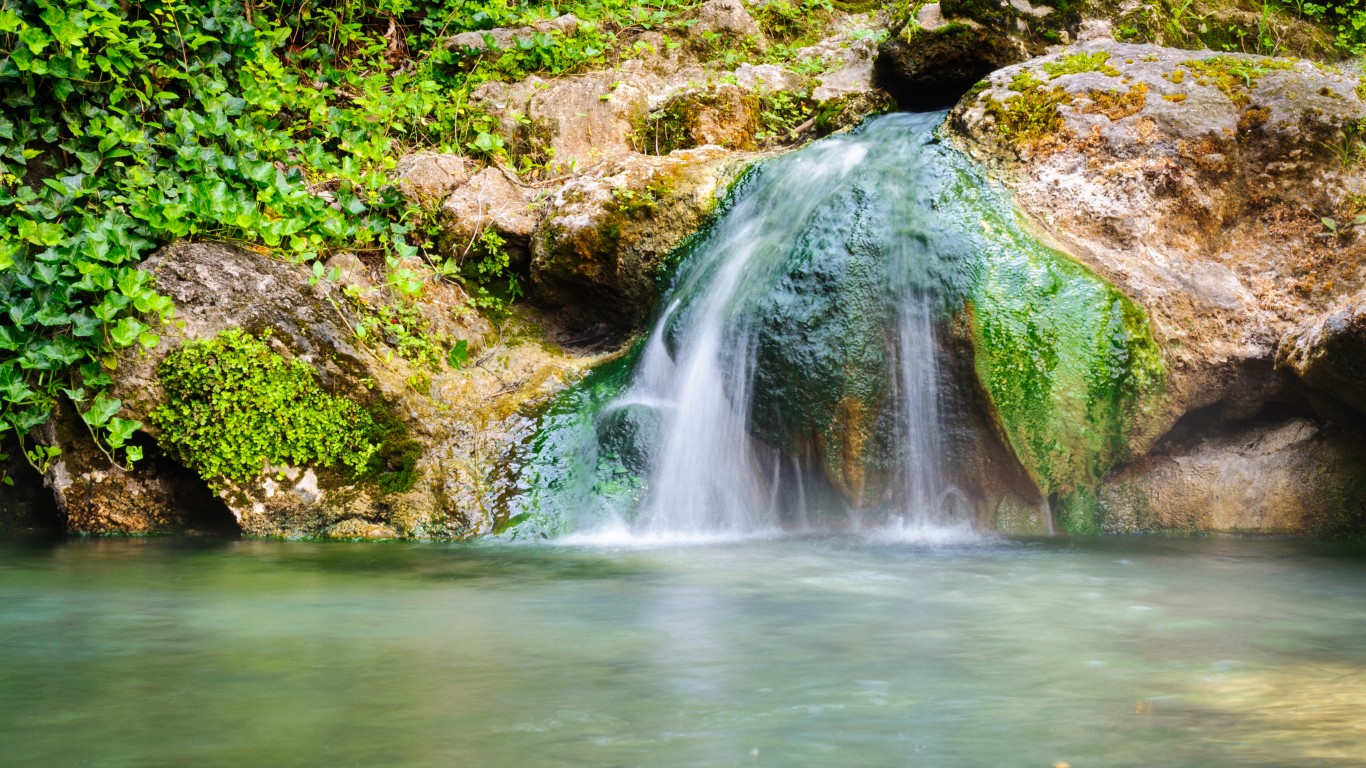
Hot Springs
> Location: Arkansas
> National significance: Known as “America’s Spa,” the city has a rich history dating back to Native American tribes who revered the region’s healing properties of the thermal waters.
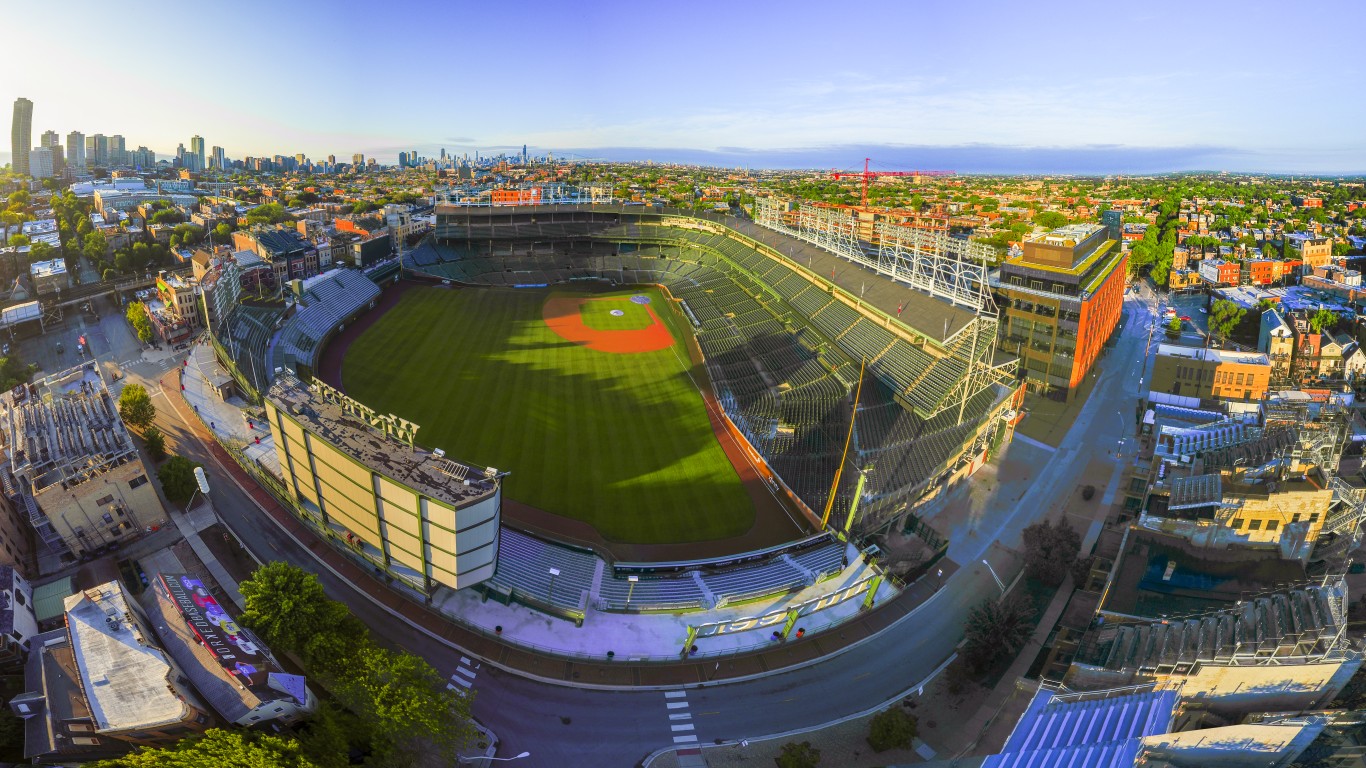
Wrigley Field
> Location: Illinois
> National significance: The second-oldest MLB stadium in America and the last to get lights in 1988, Wrigley Field is renowned for its passionate fans, its lively game-day atmosphere, and its place in baseball history.
[in-text-ad-2]

The Wright Brothers National Memorial
> Location: North Carolina
> National significance: It is the birthplace of modern aviation, commemorating the Wright brothers, Orville and Wilbur, who achieved the first powered, controlled, and sustained flight in 1903.
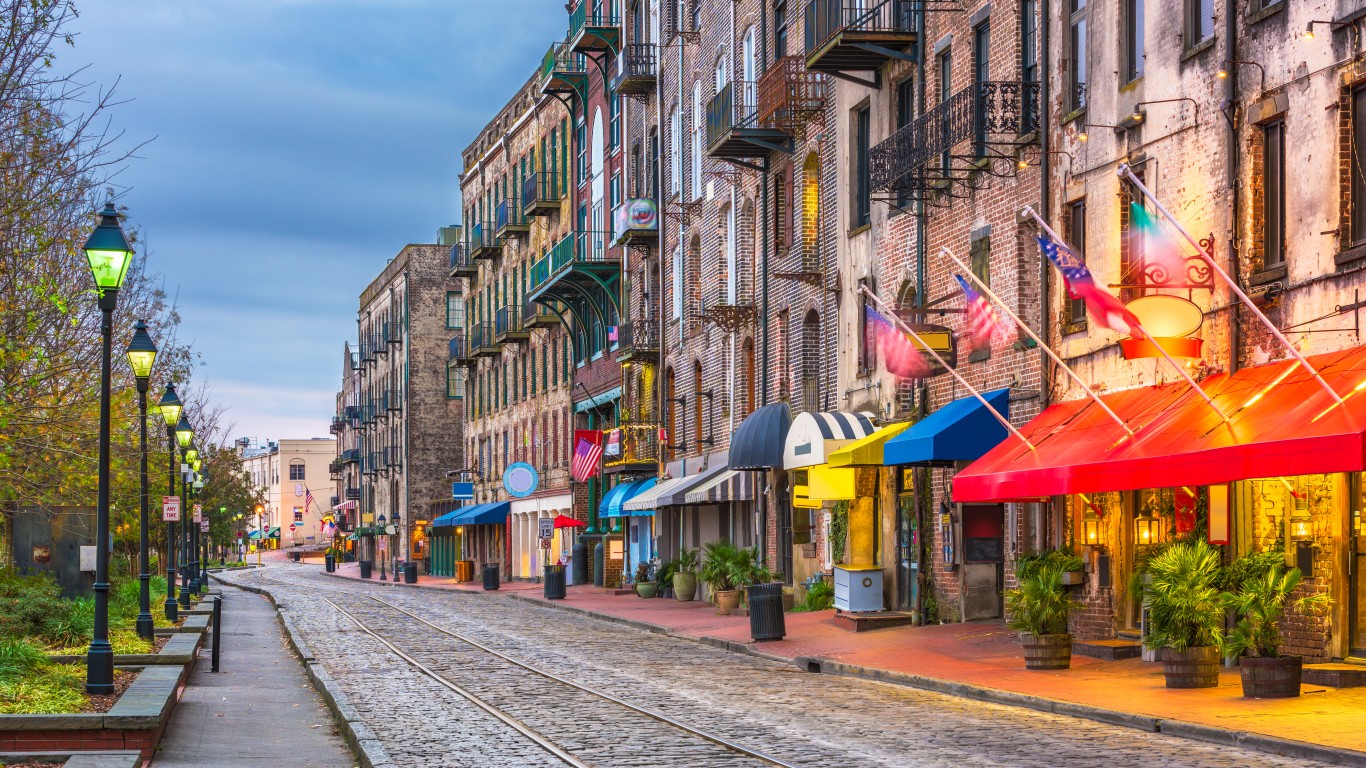
Savannah
> Location: Georgia
> National significance: The first planned city in America, established in 1733, Savannah’s was meticulously designed by General James Oglethorpe with a memorable grid system of squares and parks.
[in-text-ad]

National Archives Museum
> Location: Washington, D.C.
> National significance: This institution is home to the country’s most important historical documents and records, including the Declaration of Independence, the U.S. Constitution, and the Bill of Rights, among other pivotal artifacts.

Birmingham Civil Rights Institute
> Location: Alabama
> National significance: It chronicles the struggles, triumphs, and sacrifices of people who fought for racial equality – from the Jim Crow repression of the 1800s to the sit-ins and demonstrations of the 1960s.
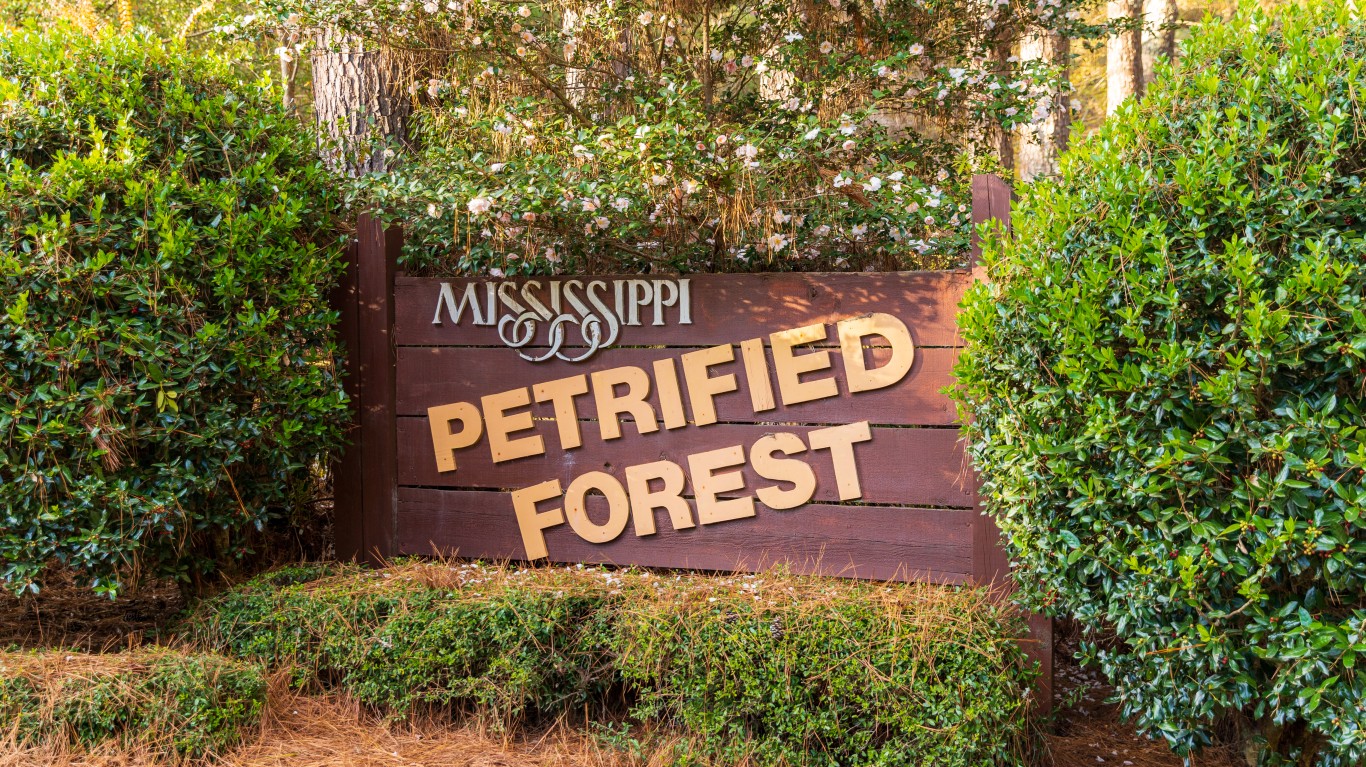
Mississippi Petrified Forest
> Location: Mississippi
> National significance: A unique natural wonder, it’s home to a collection of ancient petrified wood, some dating back over 36 million years.
[in-text-ad-2]
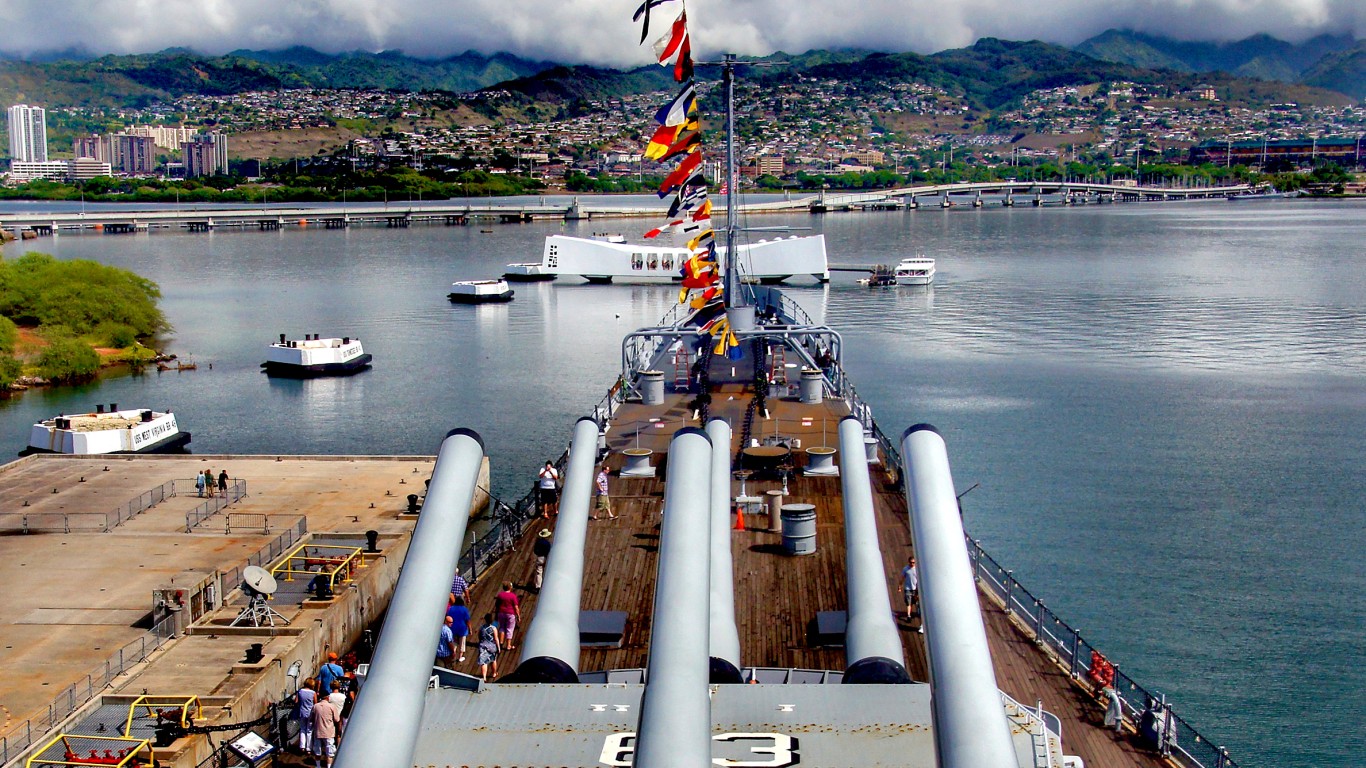
Pearl Harbor National Memorial
> Location: Hawaii
> National significance: This historic site pays honor to those who died in one of the most pivotal events in American history – the Japanese sneak attack on Dec. 7, 1941.
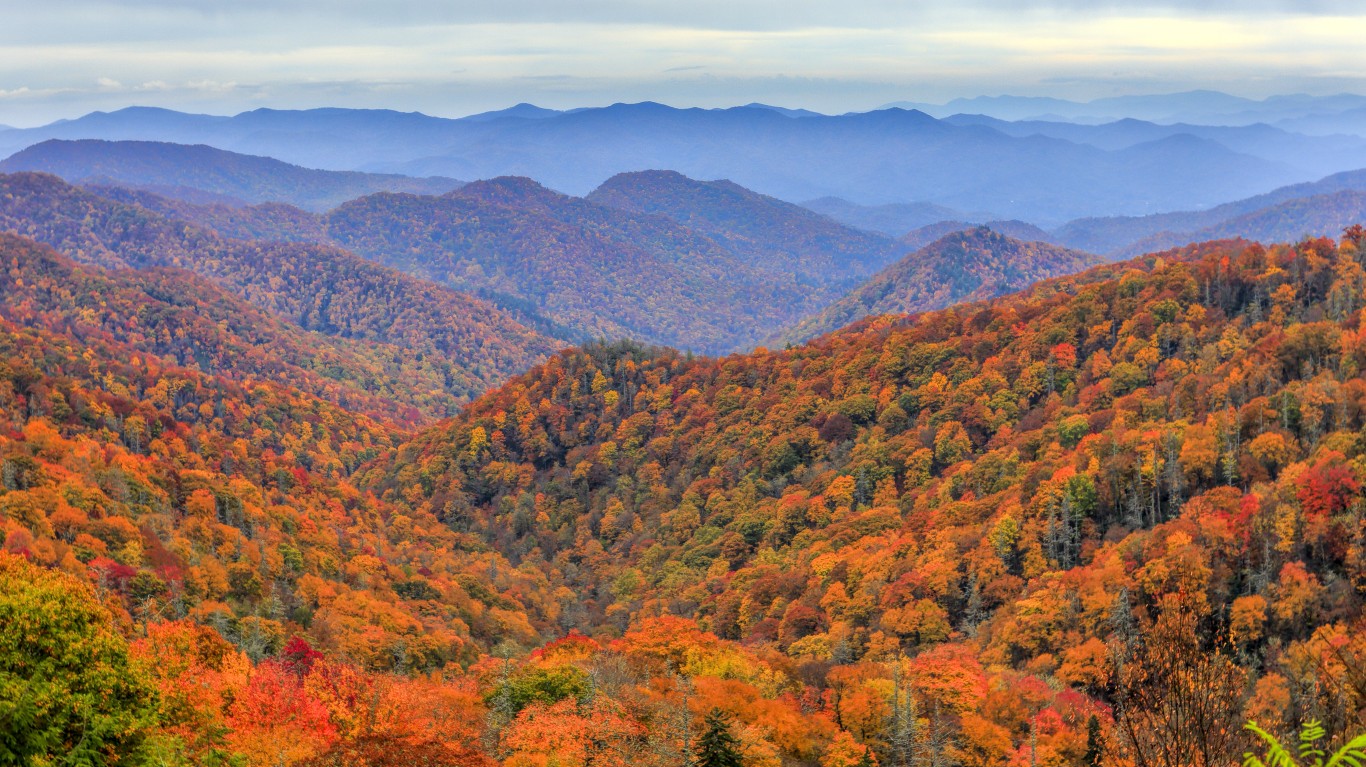
Great Smoky Mountains National Park
> Location: Tennessee/North Carolina
> National significance: Straddling the border of Tennessee and North Carolina, it is renowned for its stunning landscapes, ancient forests, and diverse wildlife.
[in-text-ad]
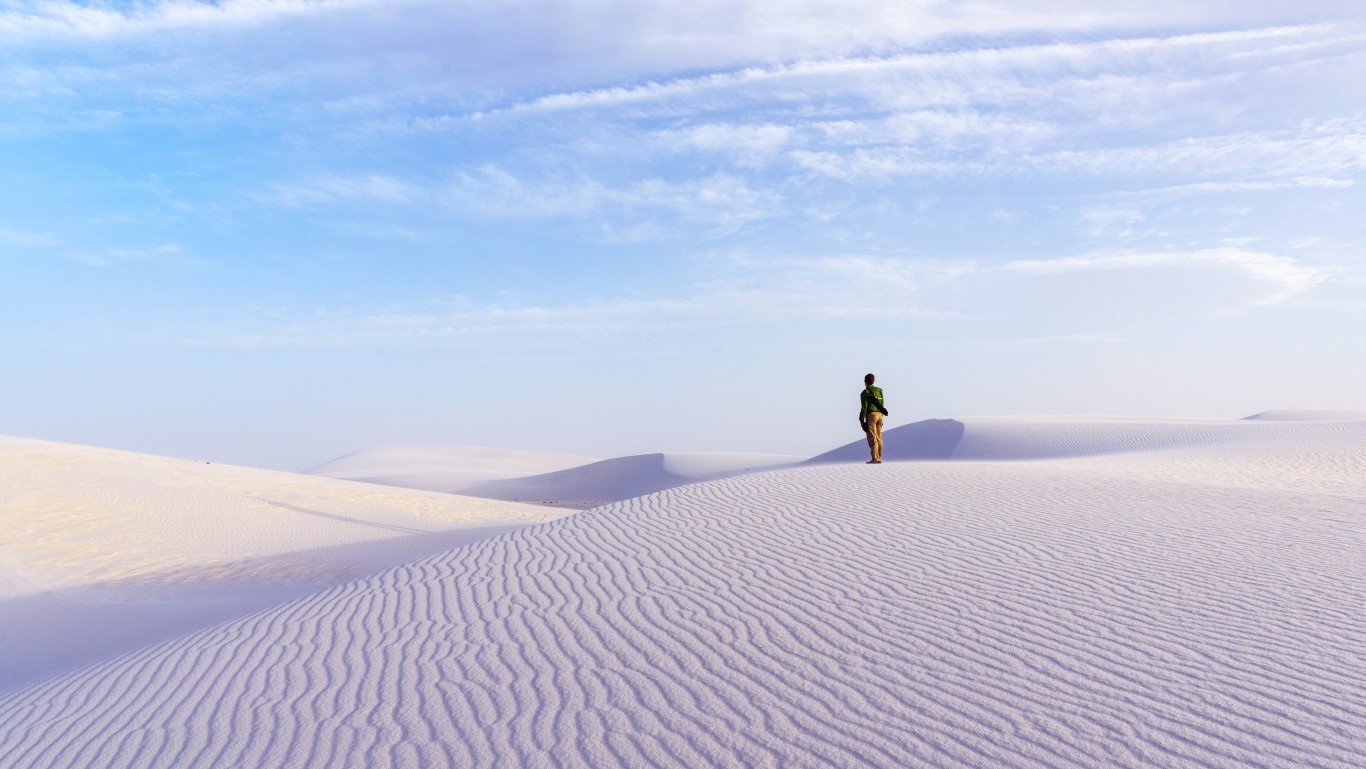
White Sands National Park
> Location: New Mexico
> National significance: This eerie field of white gypsum dunes, surrounded by the White Sands Missile Range, is home to thousands of animal species, some of them chalky white, and some found only here.

Wynwood Arts District
> Location: Florida
> National significance: This Miami neighborhood has transformed from a warehouse district into a world-renowned hub for street art, galleries, and restaurants.
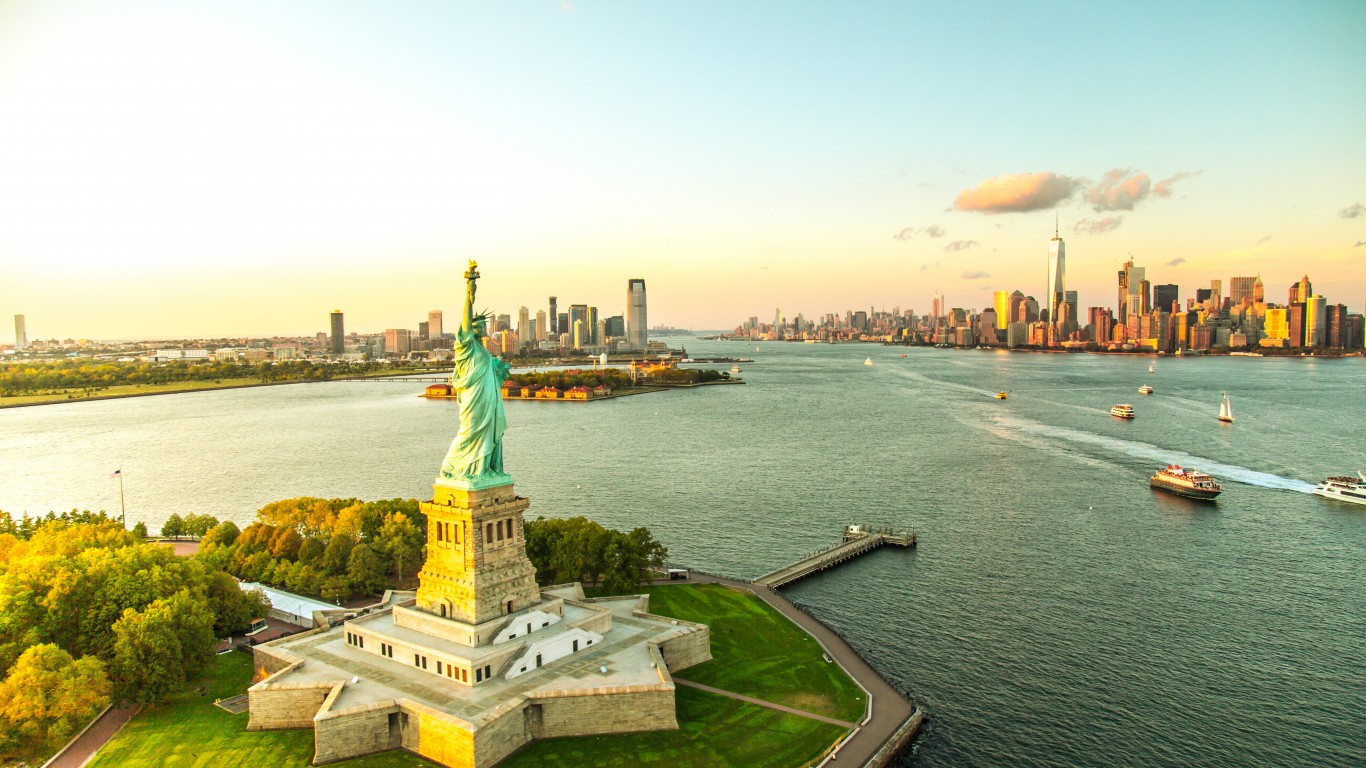
Statue of Liberty
> Location: New York
> National significance: A symbol of freedom, democracy, and hope, the statue represents the welcoming of immigrants and stands as a beacon of liberty and opportunity.
In 20 Years, I Haven’t Seen A Cash Back Card This Good
After two decades of reviewing financial products I haven’t seen anything like this. Credit card companies are at war, handing out free rewards and benefits to win the best customers.
A good cash back card can be worth thousands of dollars a year in free money, not to mention other perks like travel, insurance, and access to fancy lounges.
Our top pick today pays up to 5% cash back, a $200 bonus on top, and $0 annual fee. Click here to apply before they stop offering rewards this generous.
Flywheel Publishing has partnered with CardRatings for our coverage of credit card products. Flywheel Publishing and CardRatings may receive a commission from card issuers.
Thank you for reading! Have some feedback for us?
Contact the 24/7 Wall St. editorial team.
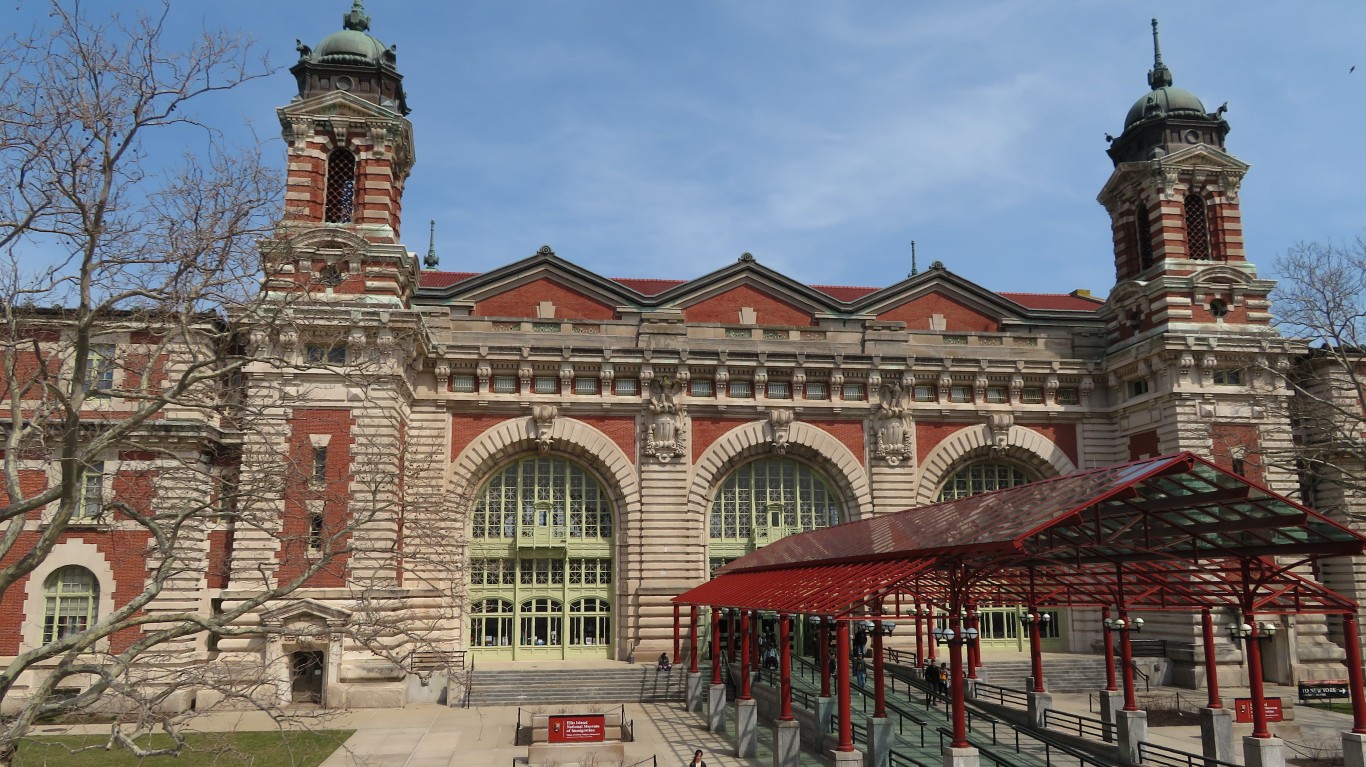
 24/7 Wall St.
24/7 Wall St.